Sharing V4 experience with Georgian self-governments: regional development and green innovations
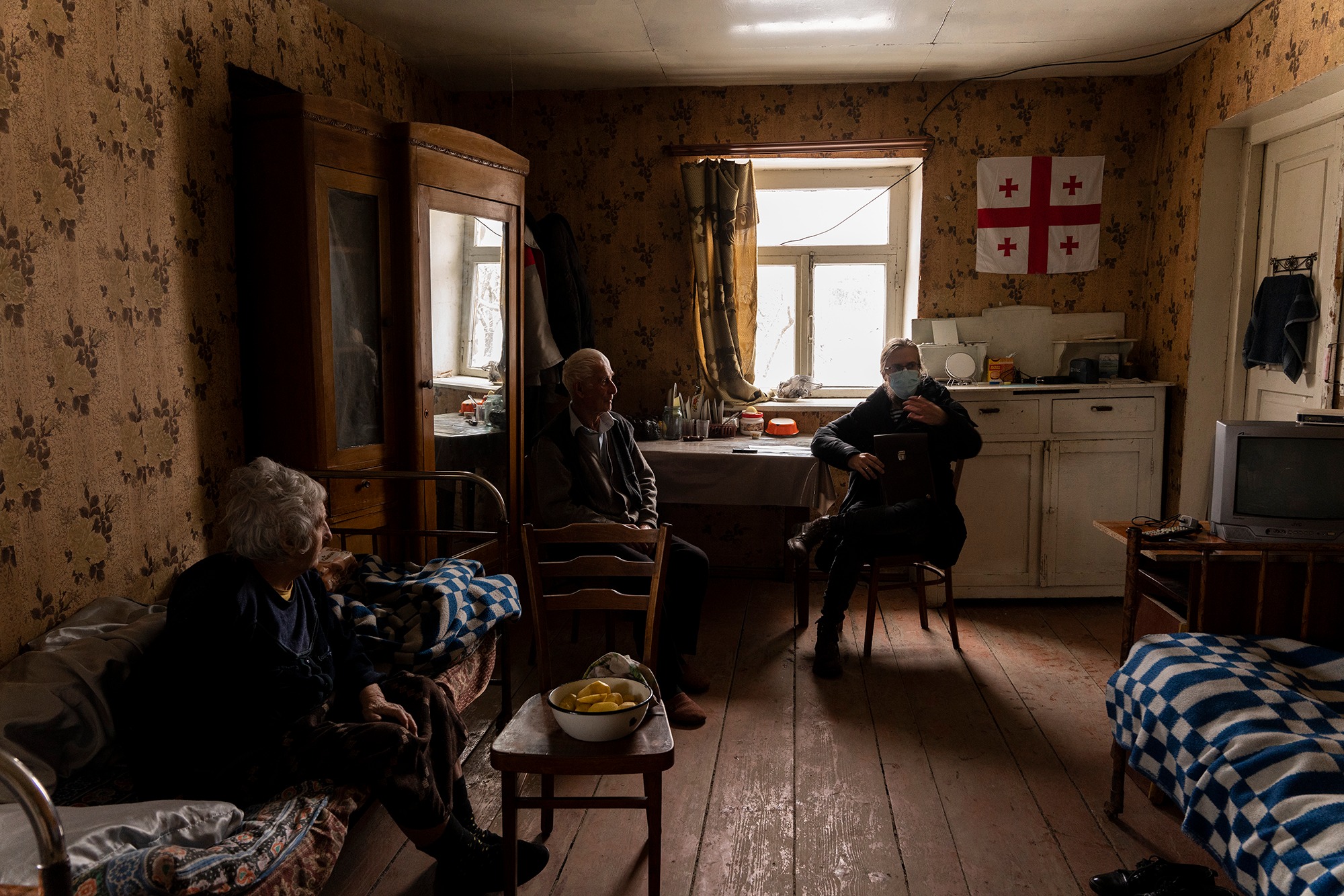
Photo: Tamta Gokadze
The team of Strategic Analysis supports Bridge of Friendship – Kartlosi NGO in the implementation of the project “Sharing V4 experience with Georgian self-governments: regional development and green innovations”, supported by the International Visegrad Fund.
The project focuses on local administrations in conflict-affected areas of Georgia adjacent to the break-away regions of Tskhinvali and Abkhazia with the aim to improve the living conditions in these communities. The project aims to build on V4 experience with regional development, social entrepreneurship, social agriculture and applied green innovations in the context of local administration. Building on the expertise, the project aims to create feasibility study reports for the international donor and investor community to address the challenges in a ready-to-implement way, based on terrain knowledge.
These municipalities, through which pass the “administrative borderline” (ABL) face a number of challenges, among many of those of economic nature. To improve the living conditions in these communities, the project aims to build on V4 experience with regional development, social entrepreneurship, social agriculture, local visibility and applied green innovations in the context of local administration. The project builds on MESA10 and Kartlosi`s project supported by SlovakAid, during which the needs and challenges of these communities are mapped and recommendations are formulated.
The project is ongoing, among these recommendations preliminary known, the socioeconomic and environmental aspect of these communities are representing the biggest issue. Building on the expertise, the project aims to create feasibility studies for the international donor and investor community to address the challenges in a ready-to-act way. The implementing consortium of the project is designed in a way that combines expertise and practice within the fields of regional development, social agriculture and green innovations in the context of local administration and self-government, thus utilizing the knowledge accumulated in the V4 countries throughout the years. The aim of the project is to share this knowledge with Georgian ABL communities.
The project proposes:
1) presentation of the recommendations for the ABL communities in Gori and Tbilisi with inputs from V4 representatives;
2) creation of the feasibility studies in the field of a)regional development b) social agriculture c) social entrepreneurship d) green innovations;
3) present the studies to the international donor communities, with special attention to the V4 developmental agencies to support the activities.
One of the building pillars of the above-mentioned SlovakAid project is also capacity building in the field of regional development, social agriculture and green innovations for local administration representatives. However, what is lacking is a feasible approach toward the known challenges, that would be prepared in a ready-to-implement manner. In this sense, the proposed project is a unique combination of V4 expertise, terrain knowledge and bringing feasible solutions to the table.
For more information about the project visit the project`s site: https://kartlosi.org.ge/blog/#page-content
This project is implemented in partnership with:
Project Activities:
Reality – Check Trip to Georgia
From the 11th of June until the 16th of June, 2023, the team of Strategic Analysis Think Tank, in cooperation with Bridge of Friendship Kartlosi, and partners from V4 states, co-organized the Reality-Check trip to Georgia.
The Reality-Check Trip to Georgia is a part of the project named „Sharing V4 experience with Georgian self-governments: regional development and green innovations” which focuses on local administrations in conflict-affected areas of Georgia adjacent to the break-away regions of Tskhinvali and Abkhazia with the aim to improve the living conditions in these communities. The project aims to build on V4 experience with regional development, social entrepreneurship, social agriculture and applied green innovations in the context of local administration. Building on the expertise, the project aims to create feasibility study reports for the international donor and investor community to address the challenges in a ready-to-implement way, based on terrain knowledge.
The authors of the feasibility studies traveled to the selected communities on the ABL to conduct a reality-check of the potential solutions and
projects suggested for the potential investors, being the central government, the international donor community or the local and international business community. One of the pillars of the project is not only to conduct the feasibility reports based on desk research and expertise in the context of V4 only but do a reality check through a series of meetings with representatives of the target communities and local administration representatives.
During the four-day reality check, experts traveled around Shida Kartli, Mtskheta Mtianeti and Racha regions to meet the ABL communities, saw the challenges in person, and adjust the feasibility reports based on reality.
During the first day of the trip, partners from V4 states and also the organizational team from Strategic Analysis met with Ms. Dako Muradashvili, a representative of the NGO – Civil Society Institute, which is responsible for the implementation of the Civil budget in Gori, Georgia. V4 partners had a tour around projects which were implemented thanks to the Civil budget in Gori.
On the second day of the trip, V4 partners met with a local expert Mr. Gela Zoziashvili, who explained the situation on the water supply in the target communities. He focused on two main themes – what system have Georgian authorities developed to address problems stemming from the “water embargo” imposed by the facto South Ossetian authorities. The second part focused on the local strategies and infrastructure to counter the impacts of sudden rainfall. The discussion was followed by a field trip to see the target communities of the Feasibility study as well as existing infrastructure to counter the impacts of sudden rainfalls.
On the third day of the trip, we visited Ms. Tamara Tavelidze, who is the Director of the Welfare and Development Center for People with disabilities. Also, we attended the event on the occasion of the National Day for the protection of the rights of disabled persons.
On the fourth day, experts visited four ABL communities of Zemo Nikozi, Ergneti, Ditsi and Kirbali. In Zemo Nikozi, experts met with a representative of the local administration. They learned about the local clinic, which is one of its kind on the ABL. It was mostly built with money from various projects and, among other things, has a modern laboratory that played a significant role during the COVID-19 pandemic. In Ergneti, participants visited the War Museum and learn about the origin of the conflict as well as about the evolution of relations between local Georgians and Ossetians from local resident Ms. Lia Chlachidze. In Ditsi and Kirbali, experts had an opportunity to learn about the impact of the conflict and ABL on two types of settlements – those with an economy based on orchards and an economy based on cattle breeding. In Ditsi, they saw a fence built by Russian border guards.
The implementing consortium of the project is designed in a way that combines expertise and practice within the fields of regional development, social agriculture and green innovations in the context of local administration and self-government, thus utilizing the knowledge accumulated in the V4 countries throughout the years.
The aim of the project is to share this knowledge with Georgian ABL communities.
V4 brainstorming sessions on the methodology of the feasibility study – Municipality of XII. district of Budapest, Green Innovations
On April 21, 2023, Strategic Analysis & Bridge of Friendship Kartlosi, organized the first brainstorming session with one of the V4 partners from Hungary- Municipality of XII. district of Budapest, regarding the project “ Sharing V4 experience with Georgian self-governments: regional development and green innovations”, supported by the International Visegrad Fund.
Hegyvideki Zold iroda is the Green Office of the Municipality of the 12th District, is the local government body responsible for the administration of Budapest’s greenest district, a hilly partly suburban area with its own micro-climate. The Green Office focuses on community involvement, green space management, energy efficiency in public buildings, smart metering, DSM tools (demand-side management), green roofs, awareness-raising programs and activities, festival events, street actions, educational programs and competitions, climate change, SECAP, green and communal waste management, biodiversity in the urban area, planting trees and tree saplings, pollinator-friendly gardens and trees application, urban-beekeeping, health-responsive green space planning and management, multilevel governance, networking with other municipalities and universities, NGOs, business sectors.
The feasibility study assesses factors such as technical, economic, ecological and legal considerations to assess whether future projects are worth investment. After conducting the field research and mapping all relevant challenges communities face along the ABL, the feasibility study will be prepared for the international donor community as well as the business community for potential investments in the selected fields. For creating the methodology for the feasibility study, online brainstorming sessions will be held for the V4 implementing consortium to set and create the criteria and the methodology for the feasibility study of four projects focusing on regional development, social entrepreneurship and/or social agriculture, green innovations in the context of local administration and local media to increase visibility for the region.
The lead author of these feasibility studies will be Tomas Baranec, who mapped the challenges of these communities, utilizing his expertise from the ground, as well as through desk research. Partners from the V4 would co-author the studies.
V4 brainstorming sessions on the methodology of the feasibility study – Ing. Marcela Chrenekova, Social Entrepreneurship
On April 11, 2023, Strategic Analysis & Bridge of Friendship Kartlosi, organized the first brainstorming session with one of the V4 partners from Slovakia- Mrs. Marcela Chreneková, regarding the project “ Sharing V4 experience with Georgian self-governments: regional development and green innovations”, supported by the International Visegrad Fund.
Ing. Marcela Chreneková, PhD., from the Institute of Regional Studies and Rural Development, Faculty of European Studies and Regional Development in Nitra, Slovak Republic, focuses on research on rural social development and social agriculture and its benefits. She is the initiator and main organizer of international conferences supported by the OECD in 2015 and 2021. She is a co-organizer of several scientific and professional events, co-investigator and responsible researcher of research and educational projects. She has also been active in the field of professional terminology for a long time. She is a member of the Steering Committee of the Slovak Terminology Network established and coordinated by the Slovak Department of the Directorate-General for Translation of the European Commission. Within the framework of international projects and mobility programmes, she has taught subjects related to regional disparities and quality of life, social economy and social agriculture in the Czech Republic, Austria, Poland, Finland, Portugal, the Netherlands and Belgium.
The feasibility study assesses factors such as technical, economic, ecological and legal considerations to assess whether future projects are worth investment. After conducting the field research and mapping all relevant challenges communities face along the ABL, the feasibility study will be prepared for the international donor community as well as the business community for potential investments in the selected fields. For creating the methodology for the feasibility study, online brainstorming sessions will be held for the V4 implementing consortium to set and create the criteria and the methodology for the feasibility study of four projects focusing on regional development, social entrepreneurship and/or social agriculture, green innovations in the context of local administration and local media to increase visibility for the region.
The lead author of these feasibility studies will be Tomas Baranec, who mapped the challenges of these communities, utilizing his expertise from the ground, as well as through desk research. Partners from the V4 would co-author the studies.
V4 brainstorming sessions on the methodology of the feasibility study – The HumanDoc Foundation, Regional Development
On April 5, 2023, Strategic Analysis & Bridge of Friendship Kartlosi, organized the first brainstorming session with one of the V4 partners – The HumanDoc Foundation regarding the project “ Sharing V4 experience with Georgian self-governments: regional development and green innovations”, supported by the International Visegrad Fund.
HumanDoc Foundation has long-standing experience of work in Georgia, including cooperation with local authorities and governmental structures. They have been operating together with the foundation in Georgia since 2020 within the EU-financed project “Local Municipalities Rapid Response Mechanism against Domestic Violence and VAW during COVID-19”. With support from the HumanDoc Foundation and negotiation with local authorities, there was a strengthened Shelter for Victims of Domestic Violence in Shida Kartli. HumanDoc Foundation runs programs promoting green solutions and social entrepreneurship on a local level.
The feasibility study assesses factors such as technical, economic, ecological and legal considerations to assess whether future projects are worth investment. After conducting the field research and mapping all relevant challenges communities face along the ABL, the feasibility study will be prepared for the international donor community as well as the business community for potential investments in the selected fields. For creating the methodology for the feasibility study, online brainstorming sessions will be held for the V4 implementing consortium to set and create the criteria and the methodology for the feasibility study of four projects focusing on regional development, social entrepreneurship and/or social agriculture, green innovations in the context of local administration and local media to increase visibility for the region.
The lead author of these feasibility studies will be Tomas Baranec, who mapped the challenges of these communities, utilizing his expertise from the ground, as well as through desk research. Partners from the V4 would co-author the studies.
V4 brainstorming sessions on the methodology of the feasibility study – The Association of Social Farming, Social Agriculture
On March 21, 2023, MESA 10 in cooperation with Strategic Analysis & Bridge of Friendship Kartlosi, organizes the first brainstorming session with one of the V4 partners – The Association of Social Farming.
The association of social farming is a non-profit organization established in 2017 and the content partner of the project. The rationale is to have a formal organization promoting social agriculture and related topics in the Czech Republic, to provide support to social farmers and act as the representative voice of farmers, social workers, social farmers, and other stakeholders to defend and push forward their wishes, needs, and ideas in social farming. The Association is a member body with approx. thirty members and is partly an output of the Working Committee of Social Farming at the Ministry of Agriculture. The Association’s activities to date consist of organizing and implementing training, excursions, publications, roundtables, advocacy, consulting, seeking funding for social and agricultural activities, networking among interest organizations in the
Czech Republic and abroad.
The feasibility study is an assessment of factors such as technical, economic, ecological and legal considerations to assess whether future projects are
worth investment. After conducting the field research and mapping all relevant challenges communities face along the ABL, the feasibility study will
be prepared for the international donor community as well as the business community for potential investments in the selected fields. For creating the
methodology for the feasibility study, online brainstorming sessions will be held for the V4 implementing consortium to set and create the criteria and
the methodology for the feasibility study of four projects focusing on regional development, social entrepreneurship and/or social agriculture, green
innovations in the context of local administration and local media to increase visibility for the region.
The lead author of these feasibility studies will be Tomas Baranec, who serves as the field researcher in the SlovakAid project, mapping the challenges of these communities, utilizing his expertise from the ground, as well as through desk research. Partners from the V4 would co-author the studies.
Advocacy Event – „The Administrative Boundary Line Communities: increasing the knowledge of their specific challenges„, November 17, 2022, Tbilisi, Georgia
On November 17, 2022, MESA 10 in cooperation with Strategic Analysis & Bridge of Friendship Kartlosi, organized an Advocacy event, which was dedicated to ABL communities and their specific needs.
Challenges hindering the development of communities on the “administrative boundary line” (ABL) often differ from those in other parts of target regions. These municipalities, through which pass the ABL face a number of challenges, among many of those of economic nature.
Yet, there is a long-standing lack of analysis and studies focused specifically on these communities, which hinders both the effective decision-making of local and central governments as well as the effective design and implementation of projects in these regions.
The event also aimed at increasing the visibility of the V4 and International Visegrad Fund as relevant donors in Georgia.
Conference – „ABL communities and their challenges: What are their solutions?“ November 15 – November 16, 2022, Gori, Georgia
- Women and Youth in the ABL communities,
- The Needs of ABL communities in Agriculture and Infrastructure,
- Enhancing Local Visibility, Regional Branding, and Agri-Tourism.
- Security aspects and Challenges in ABL communities,
- Environmental Issues and Potential for Green innovations in ABL Communities.
Kick-off Coordination Meeting, Online,November 3, 2022
Official kick-off coordination meeting of participating organizations organized via video conference with the aim of fine-tuning and approving the project timeline, selection criteria for participants and team coordinators, discussions about project materials, and creating the layout of project materials used through the implementation of the project.



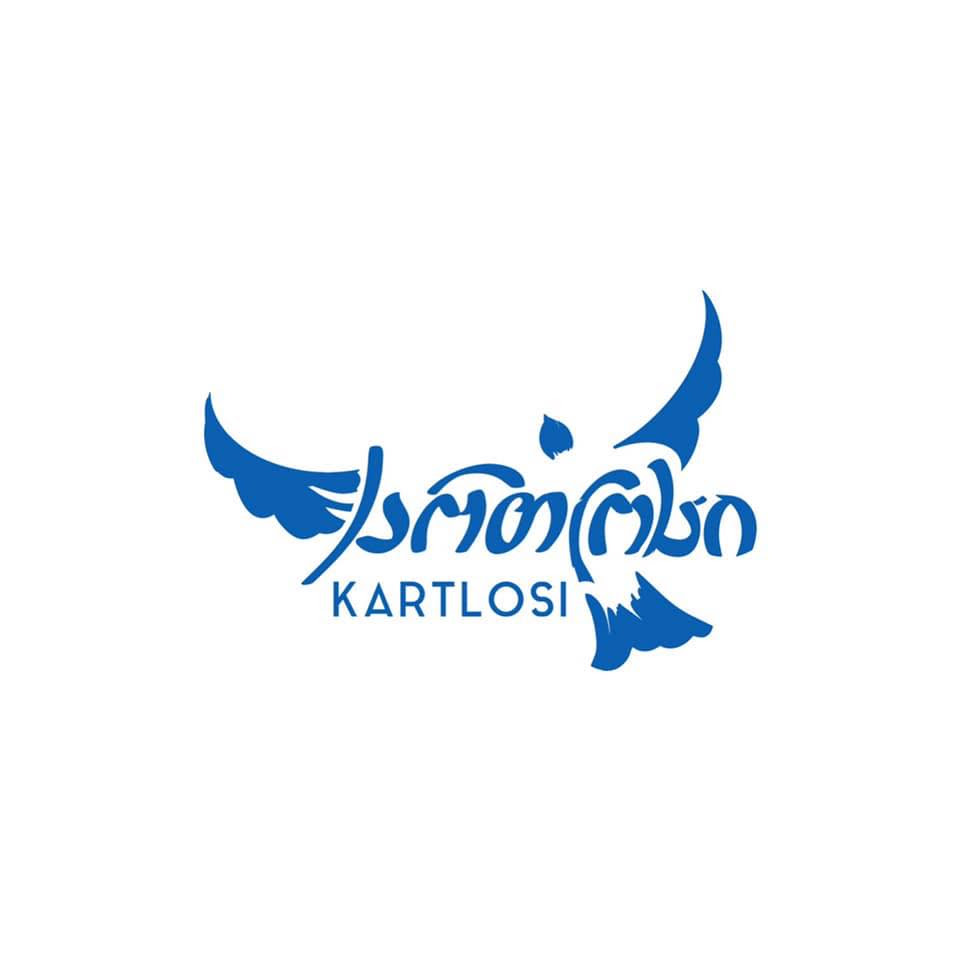


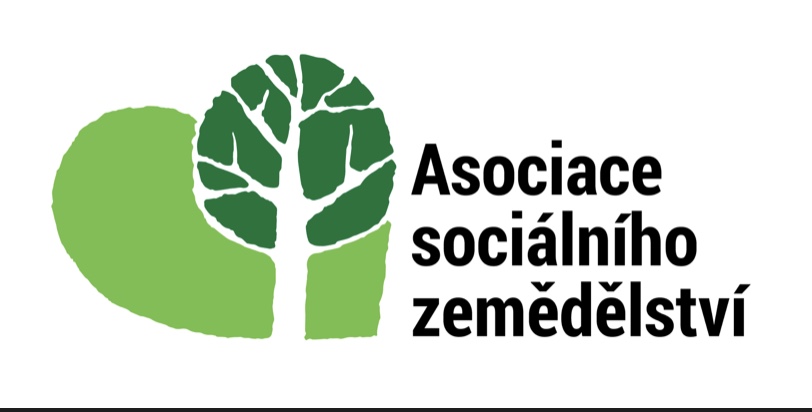

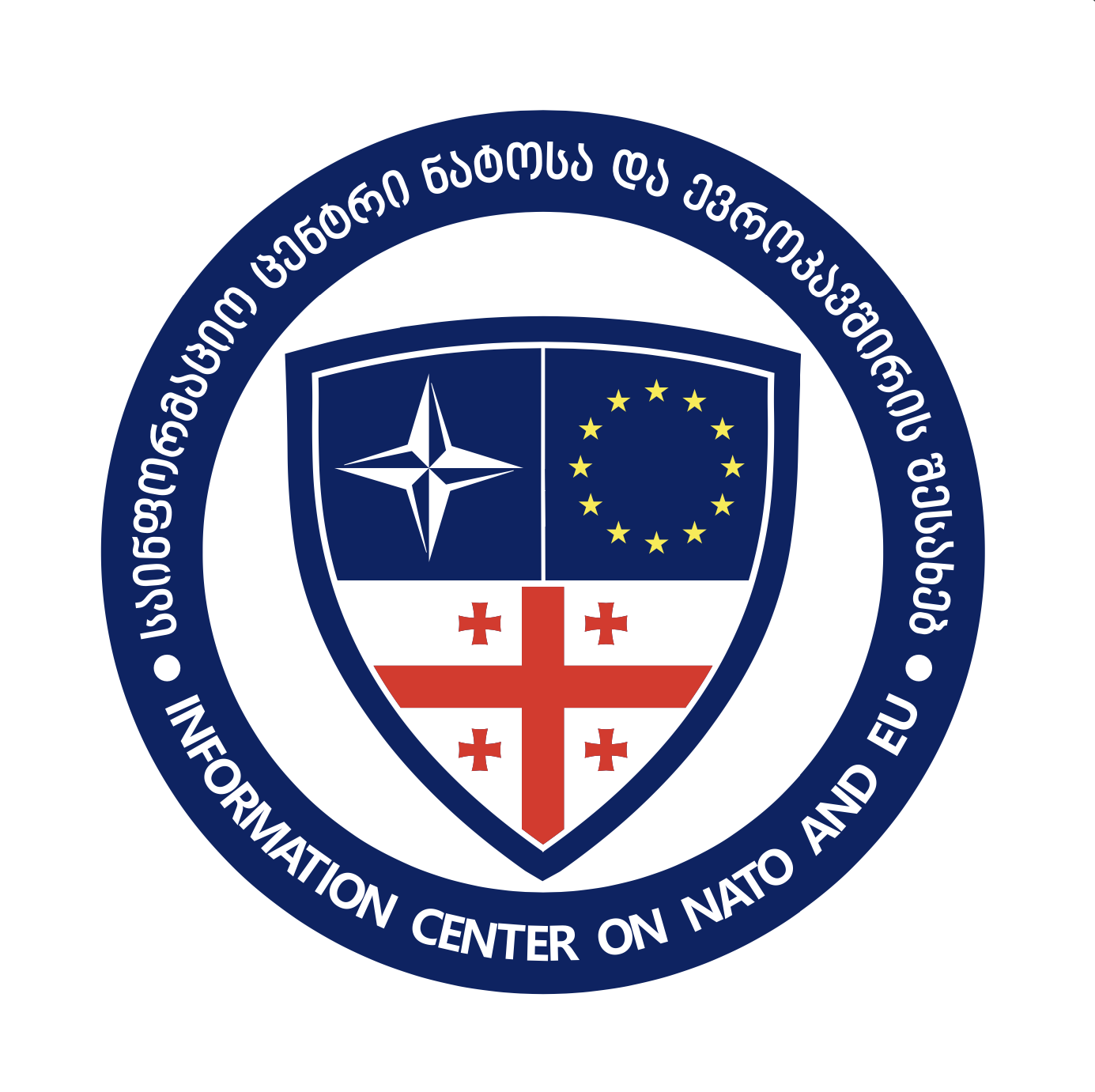
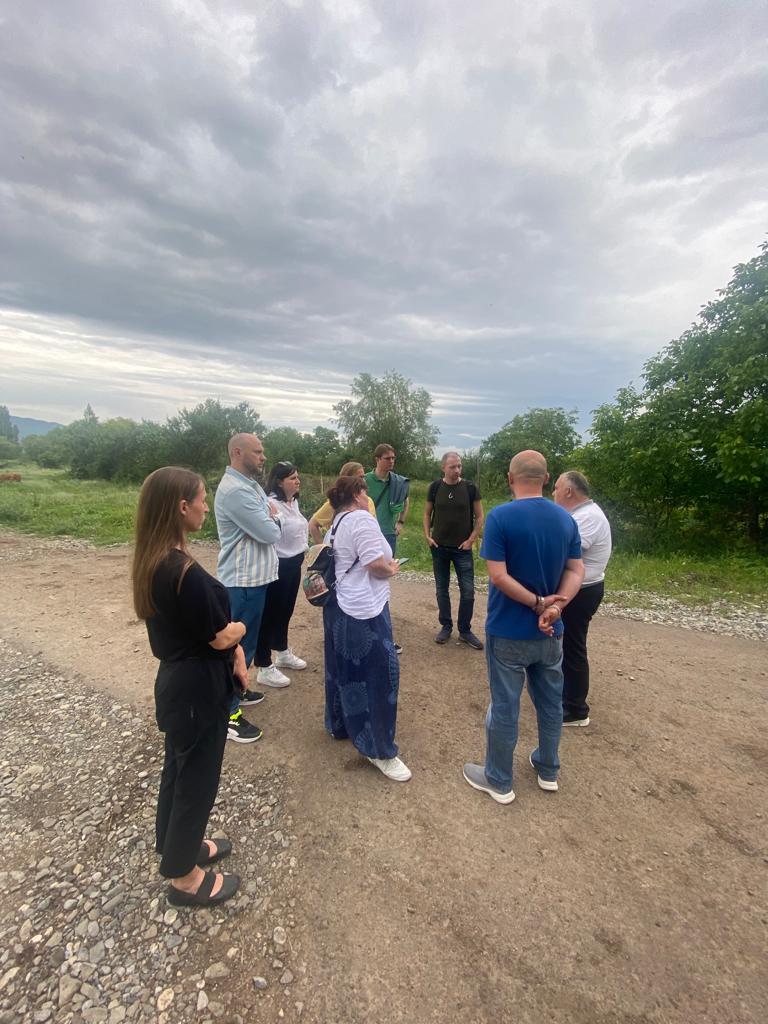
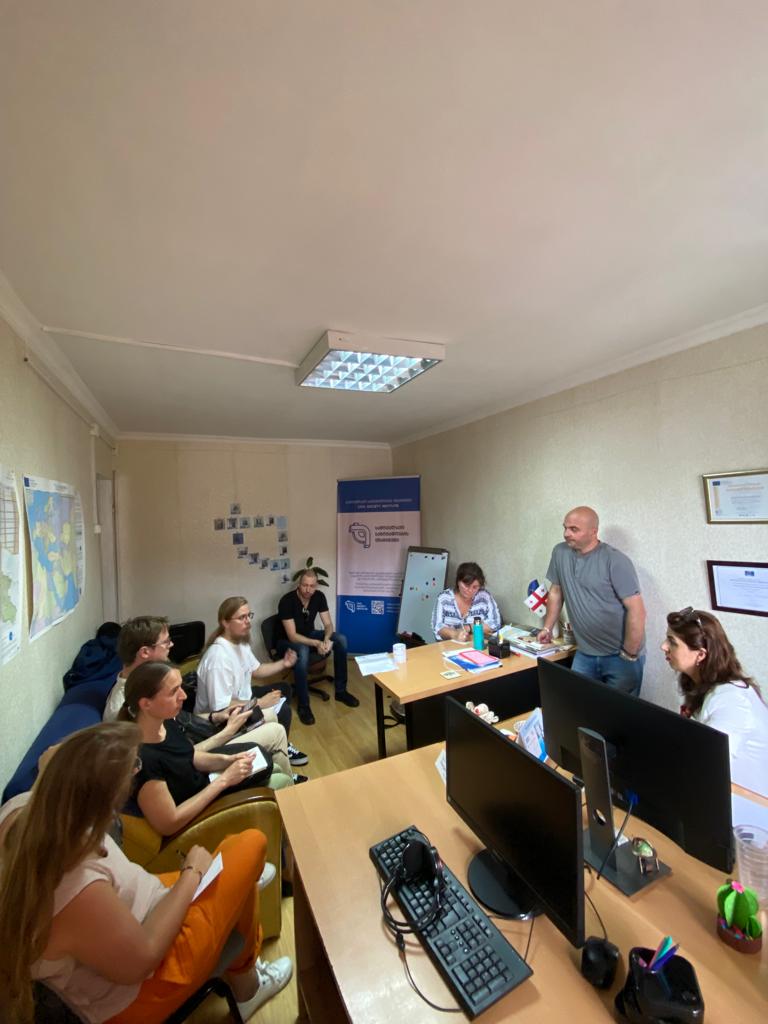


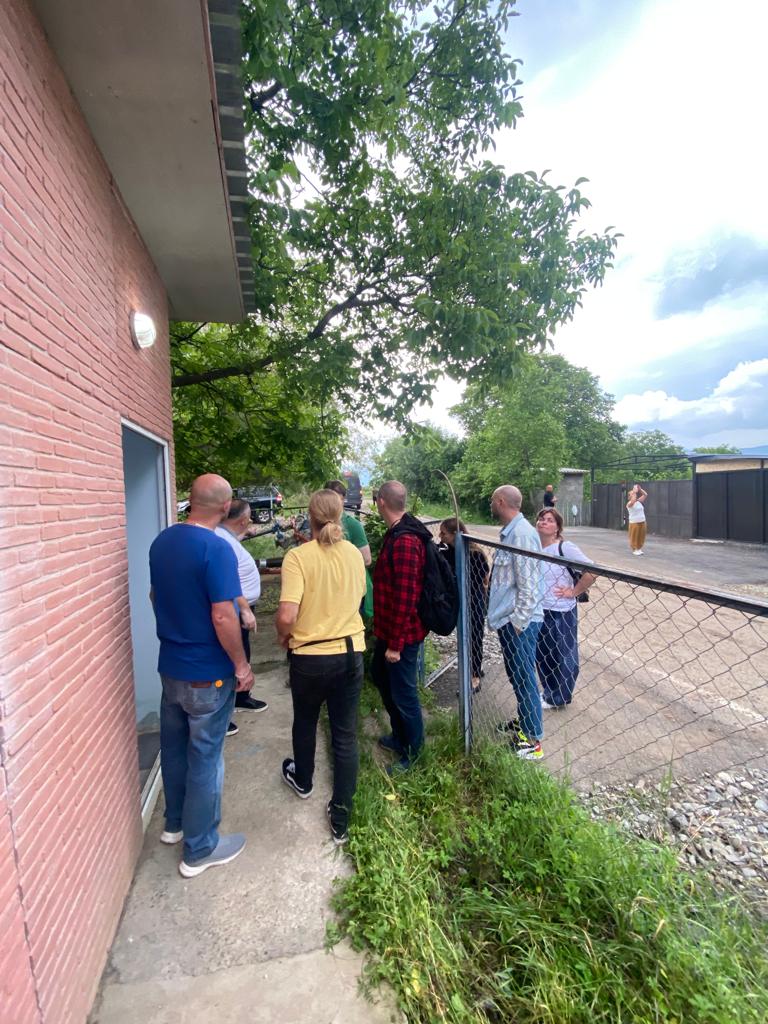
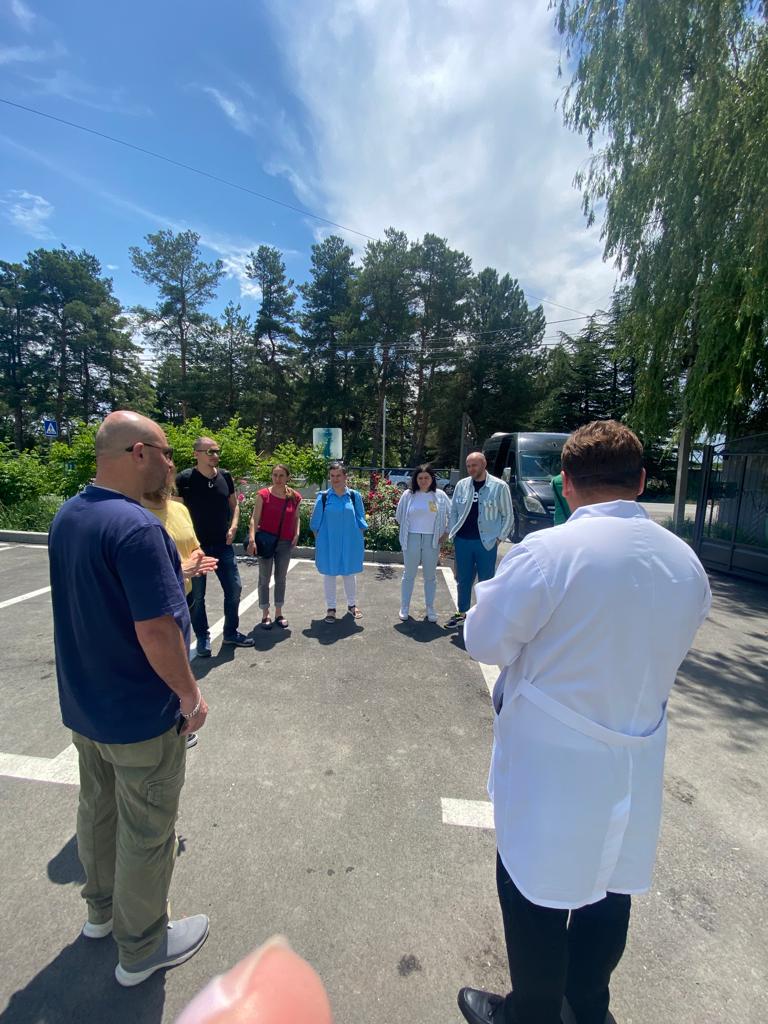
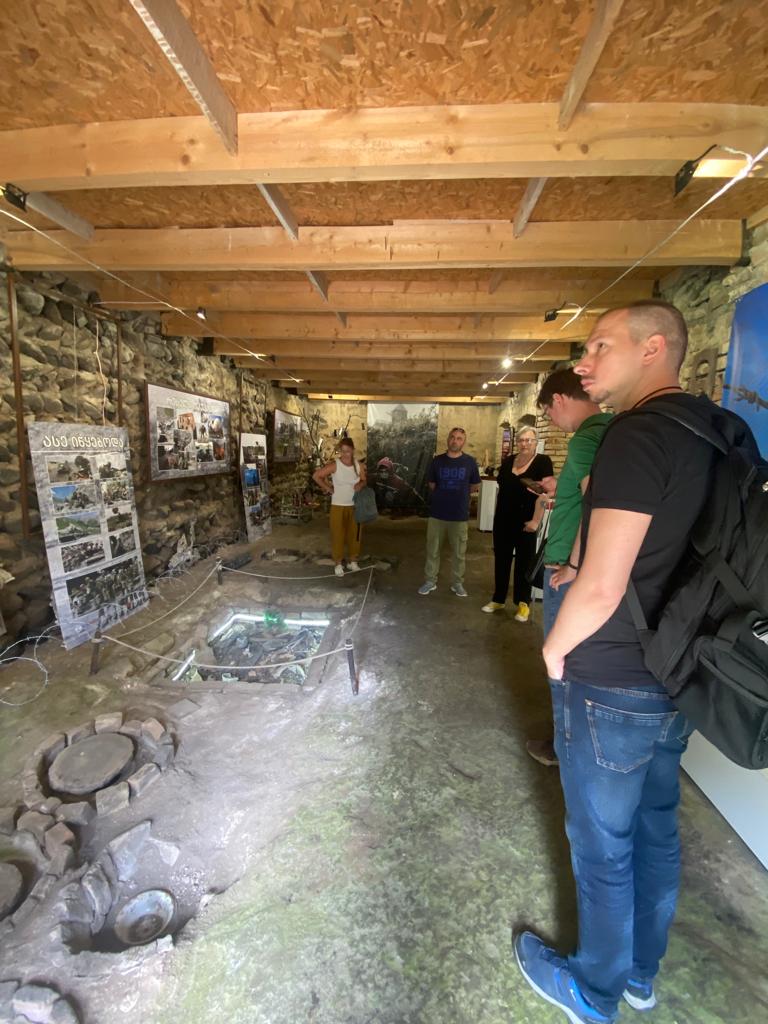
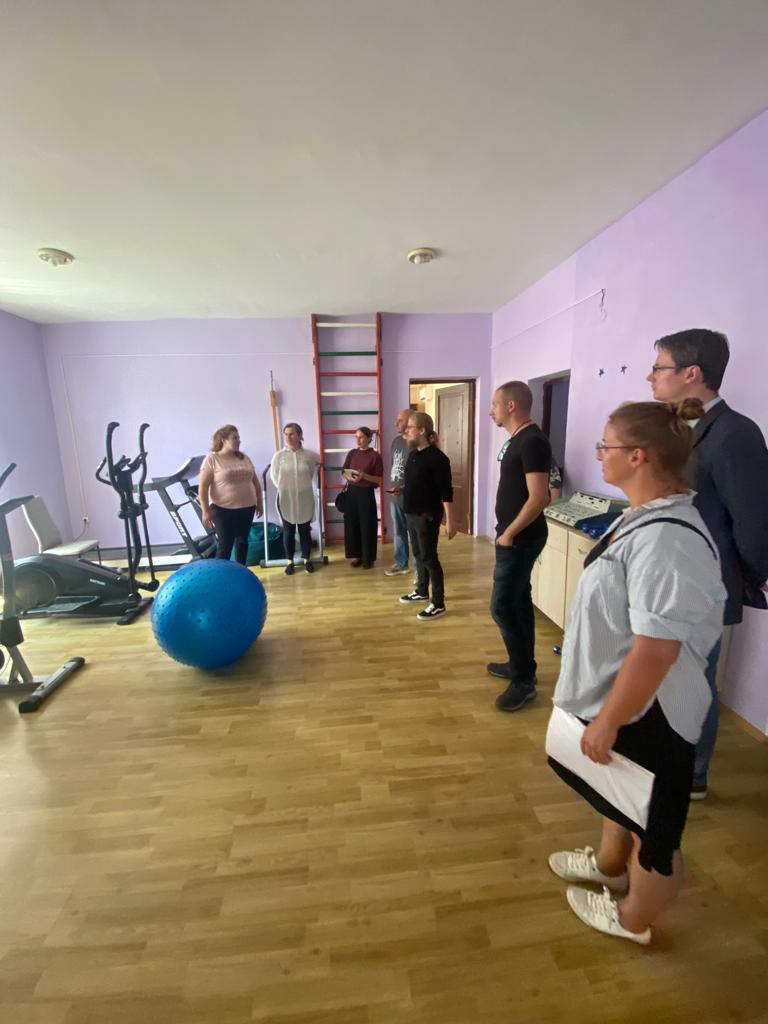
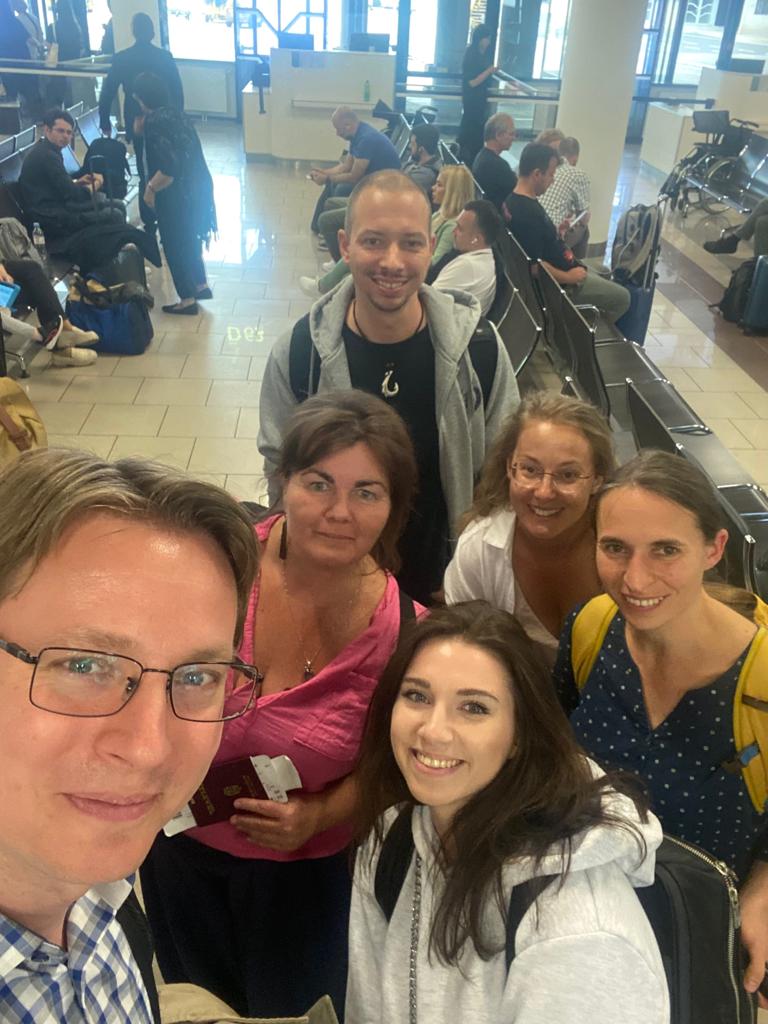
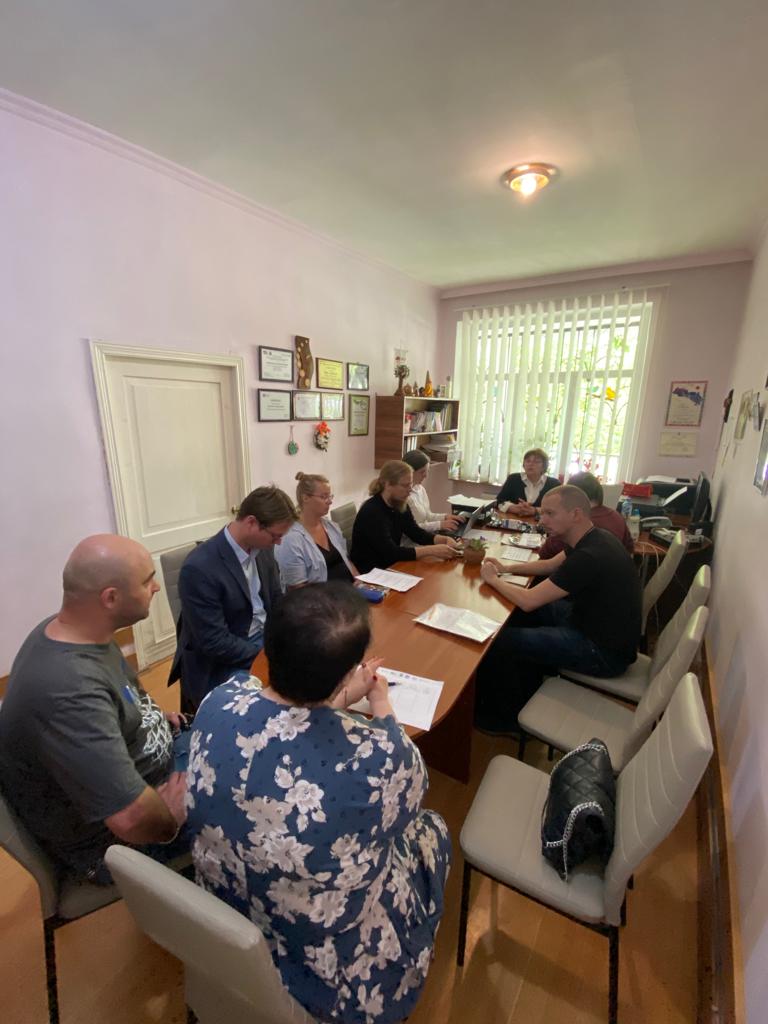
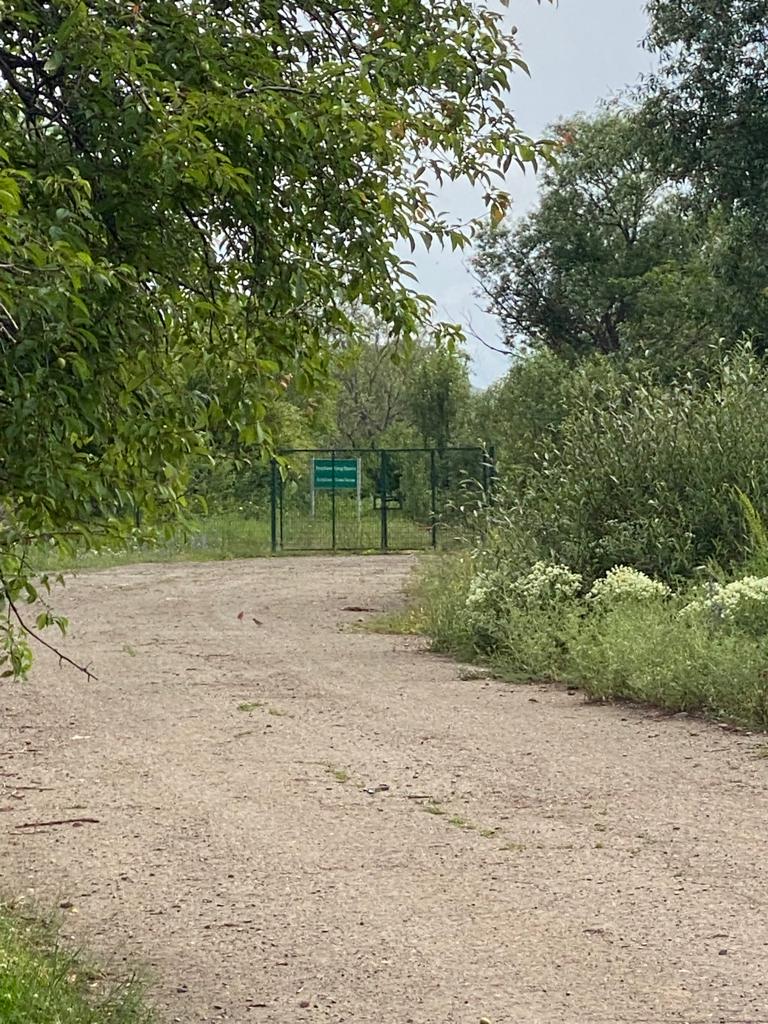

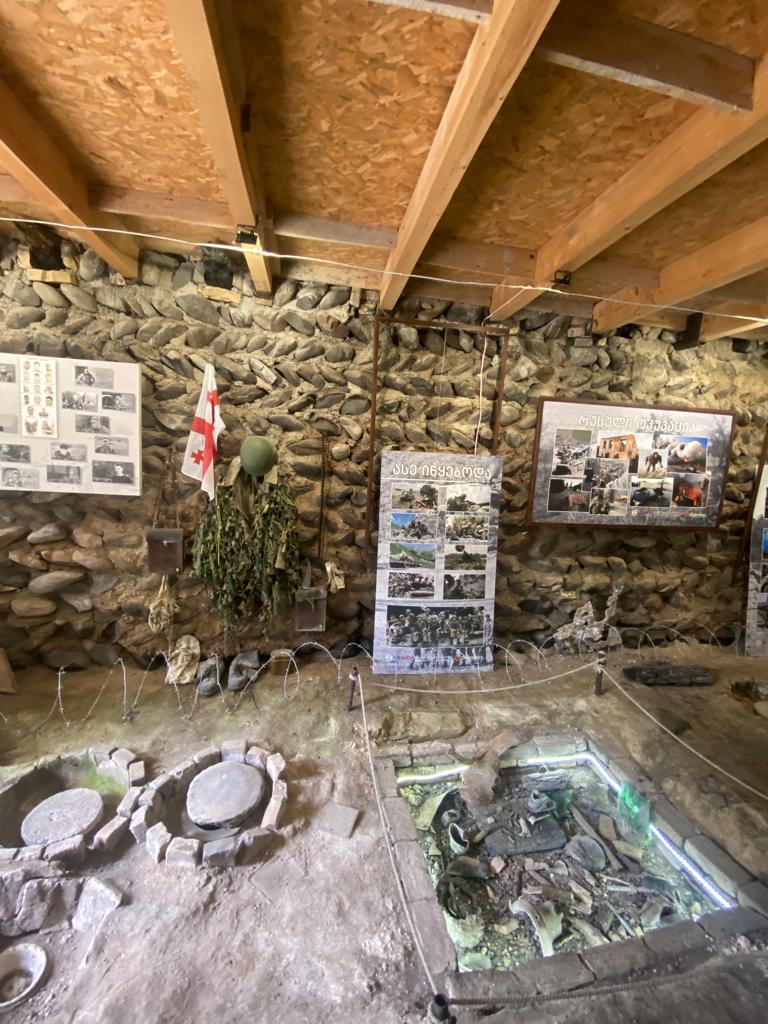
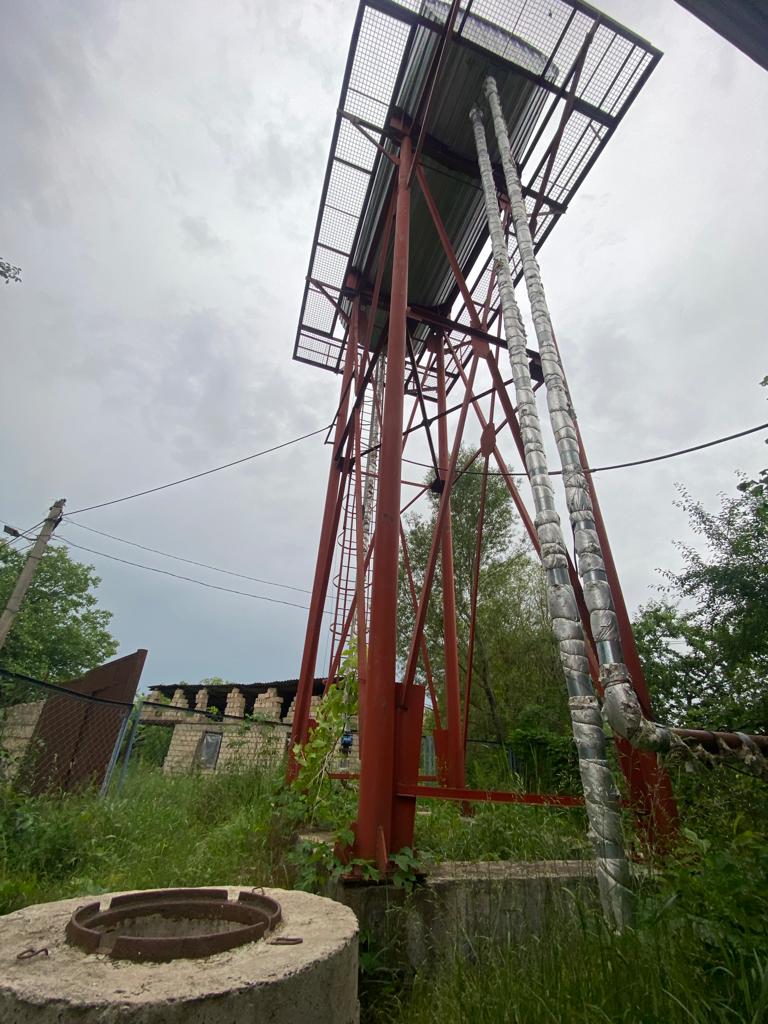
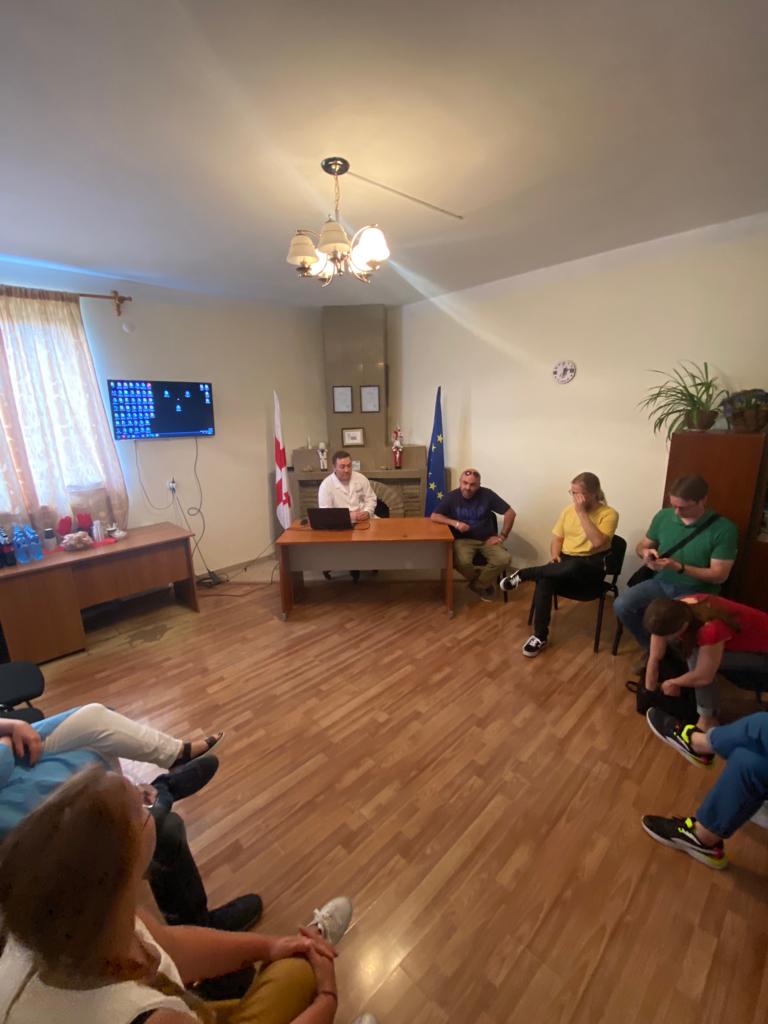
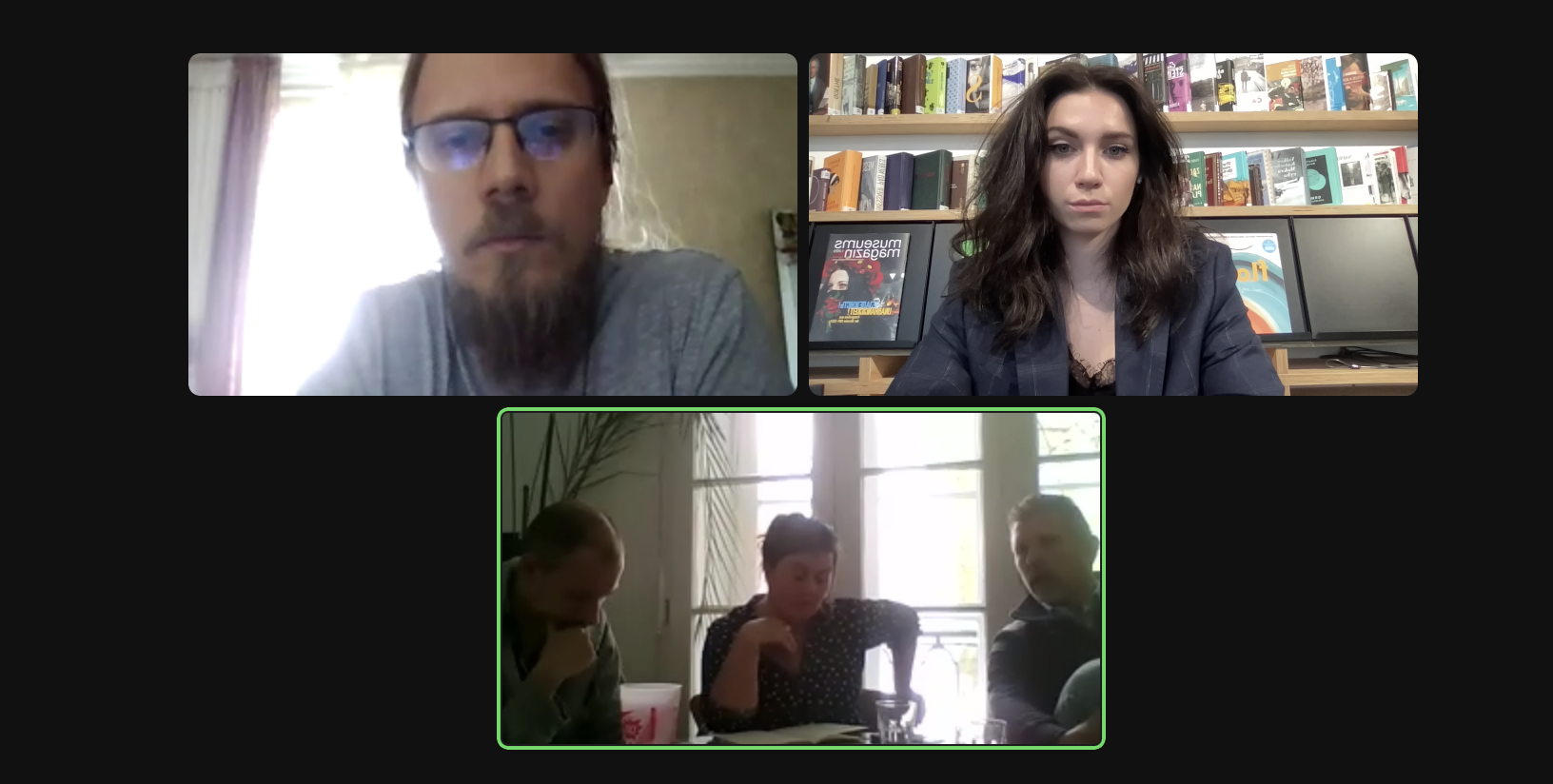
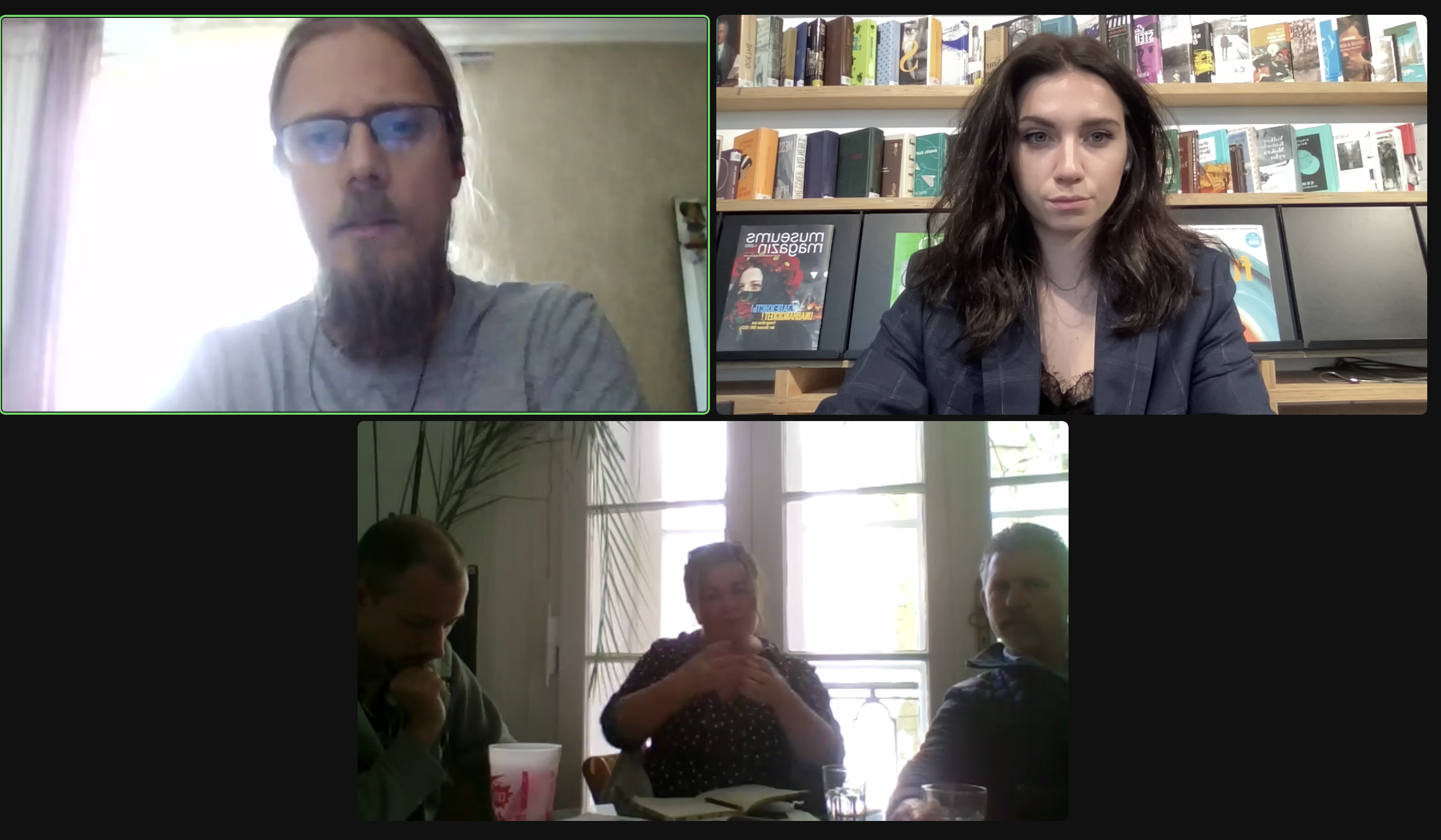
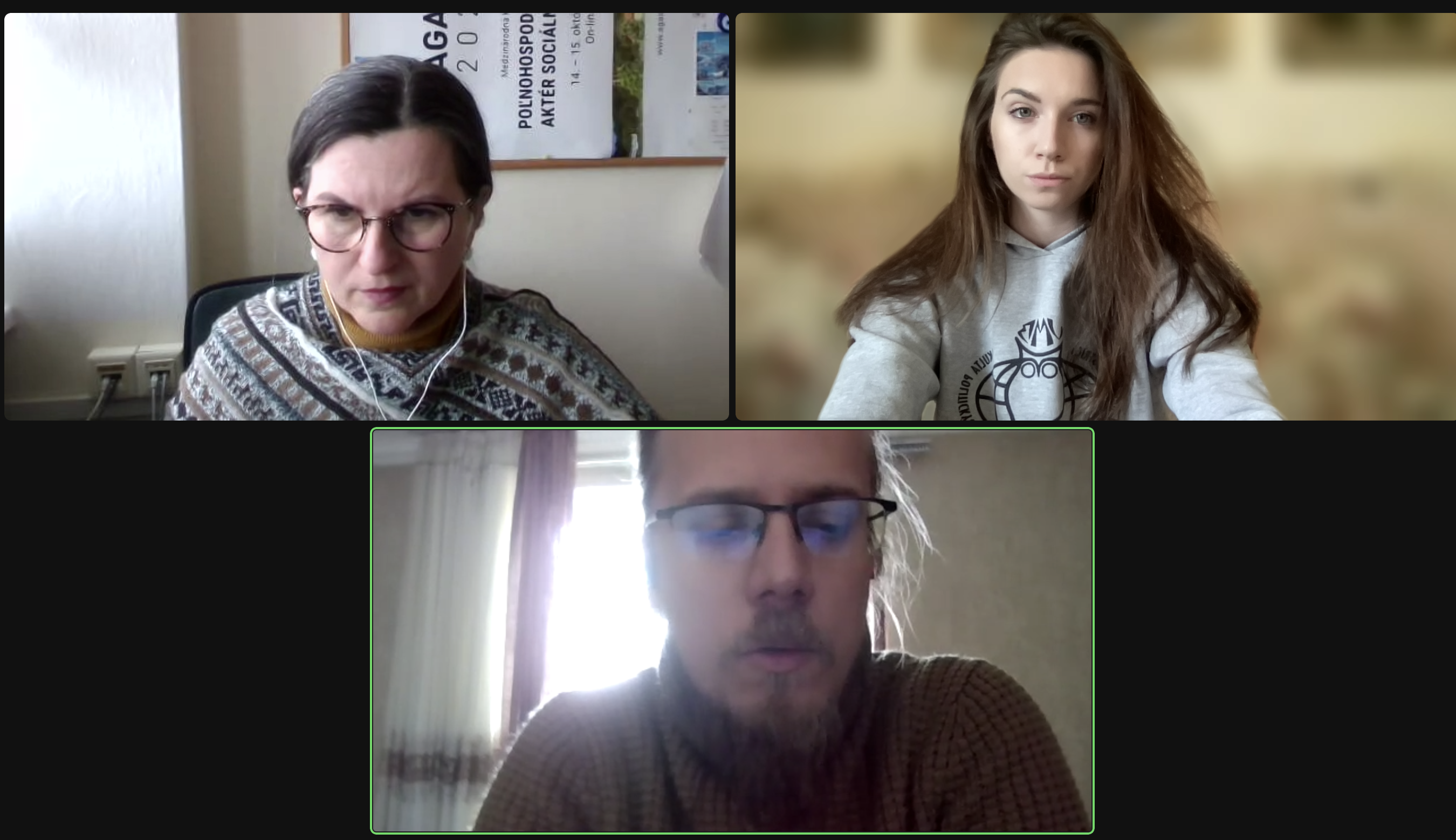

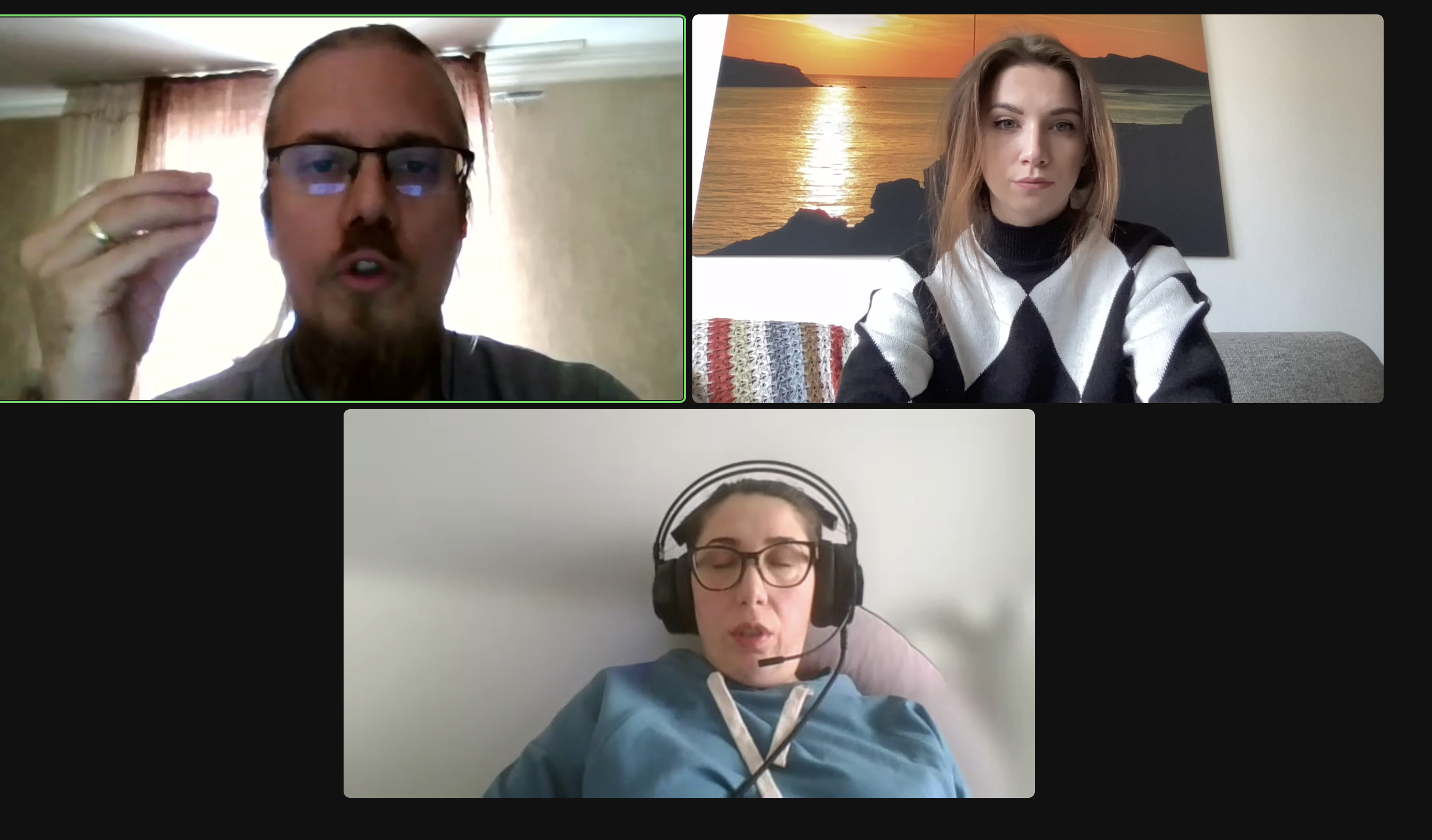
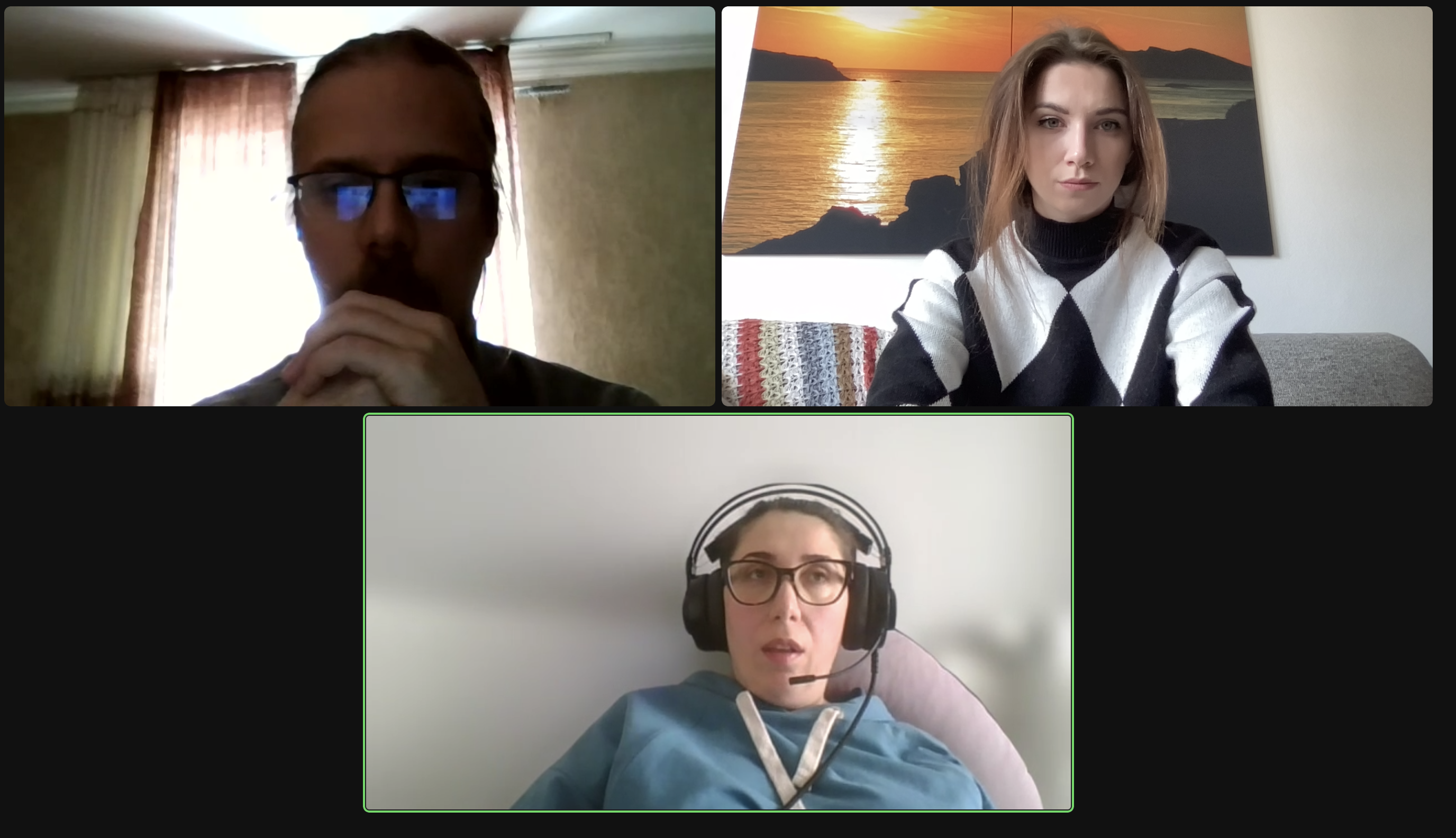
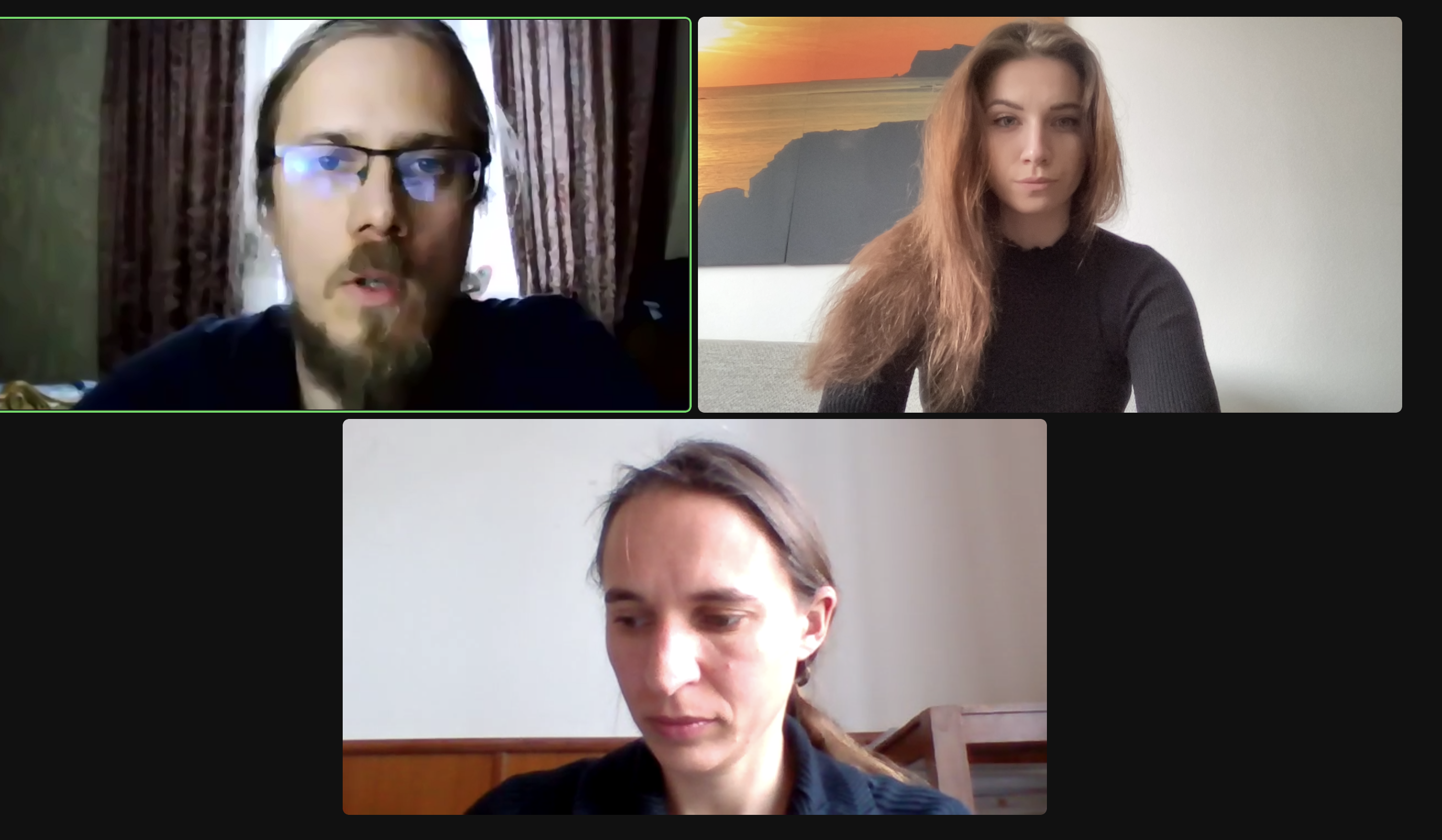
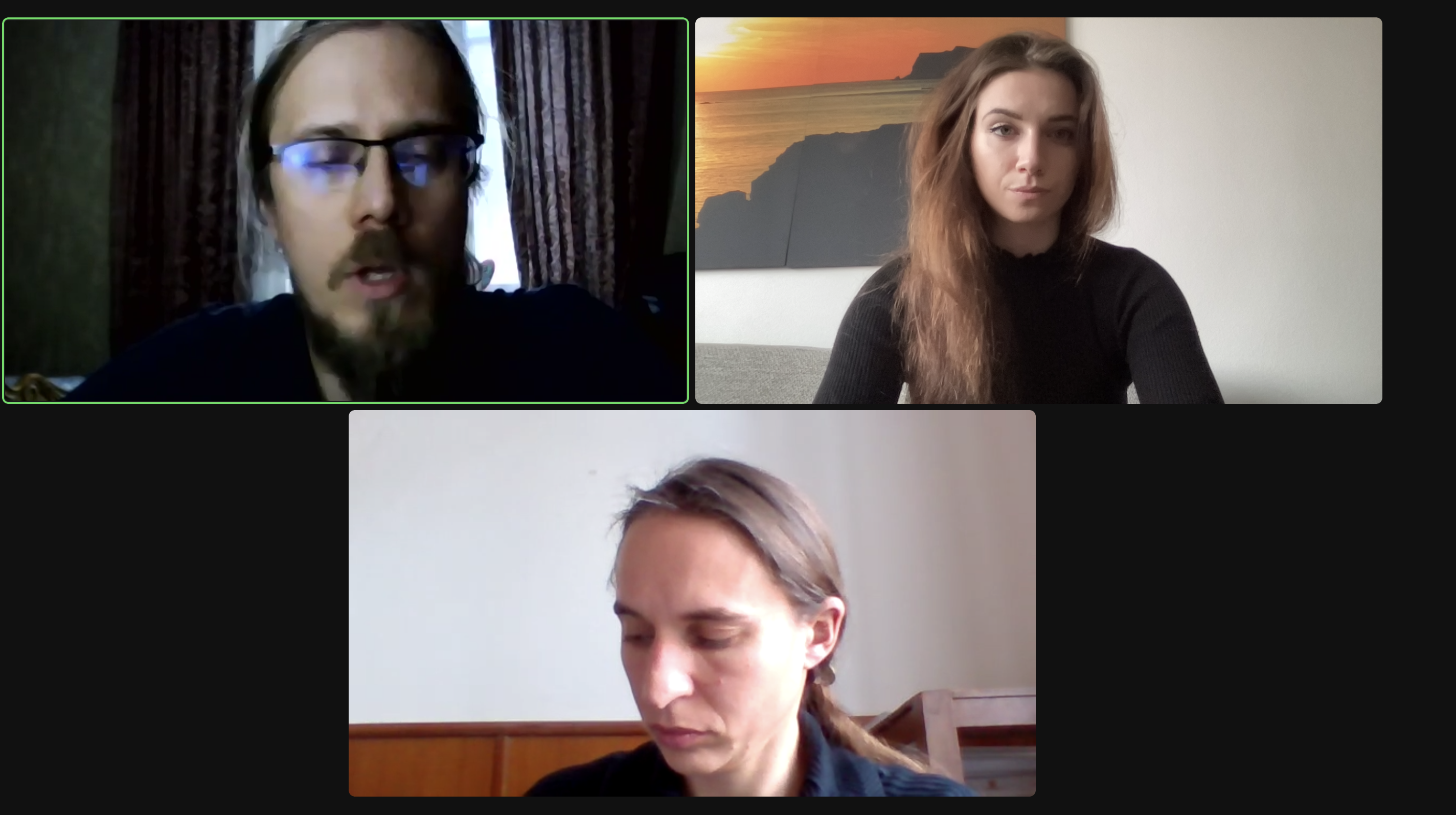
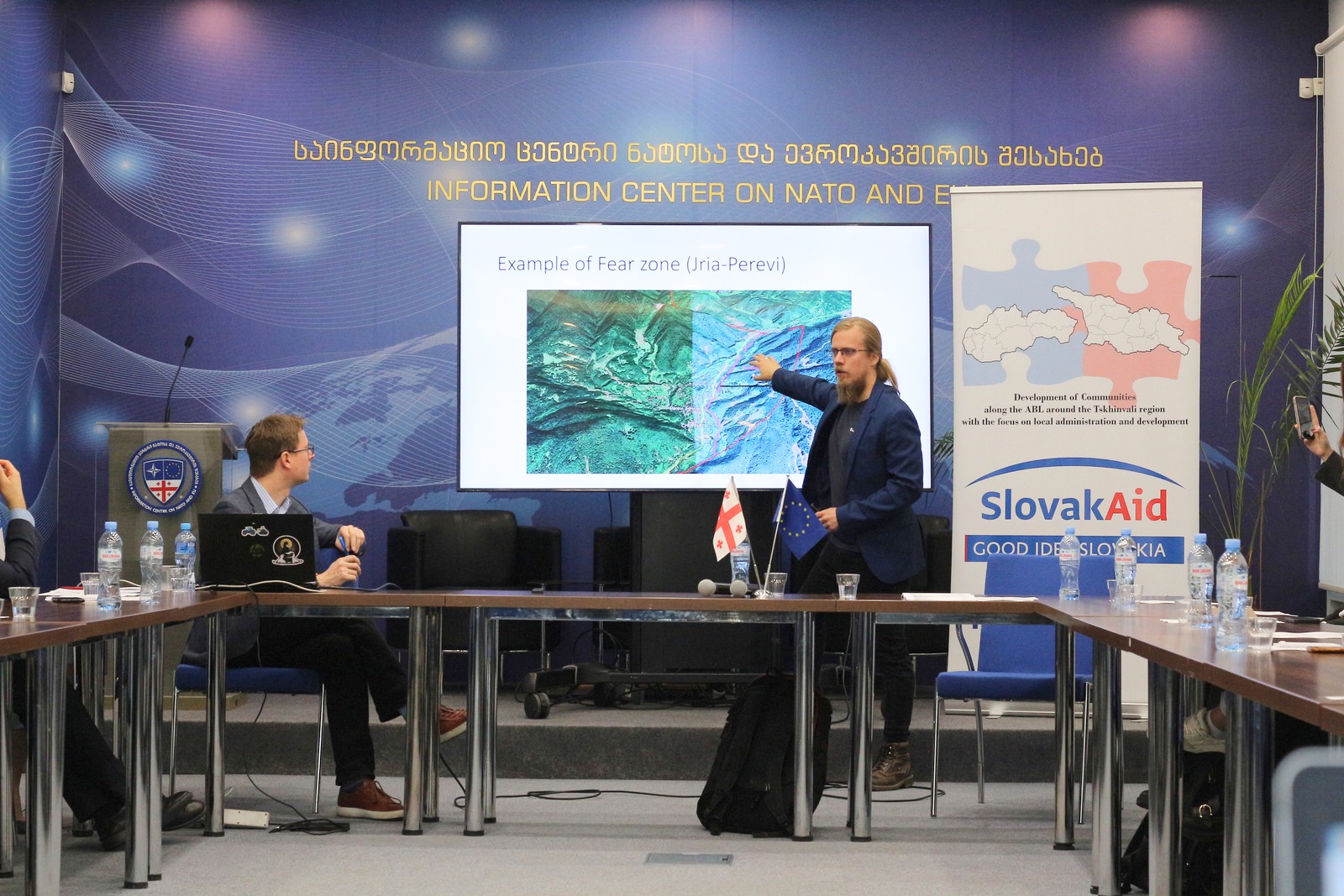
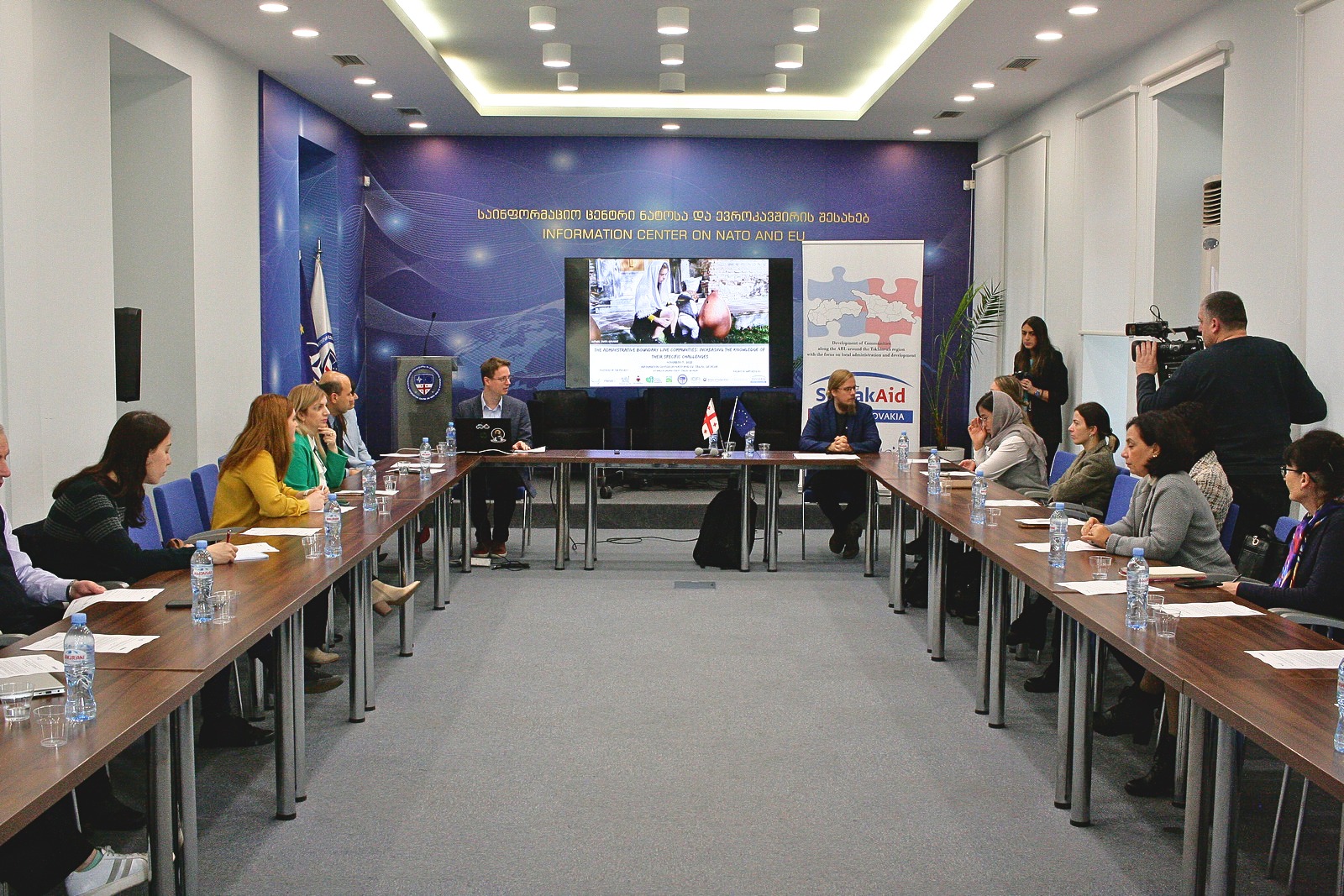
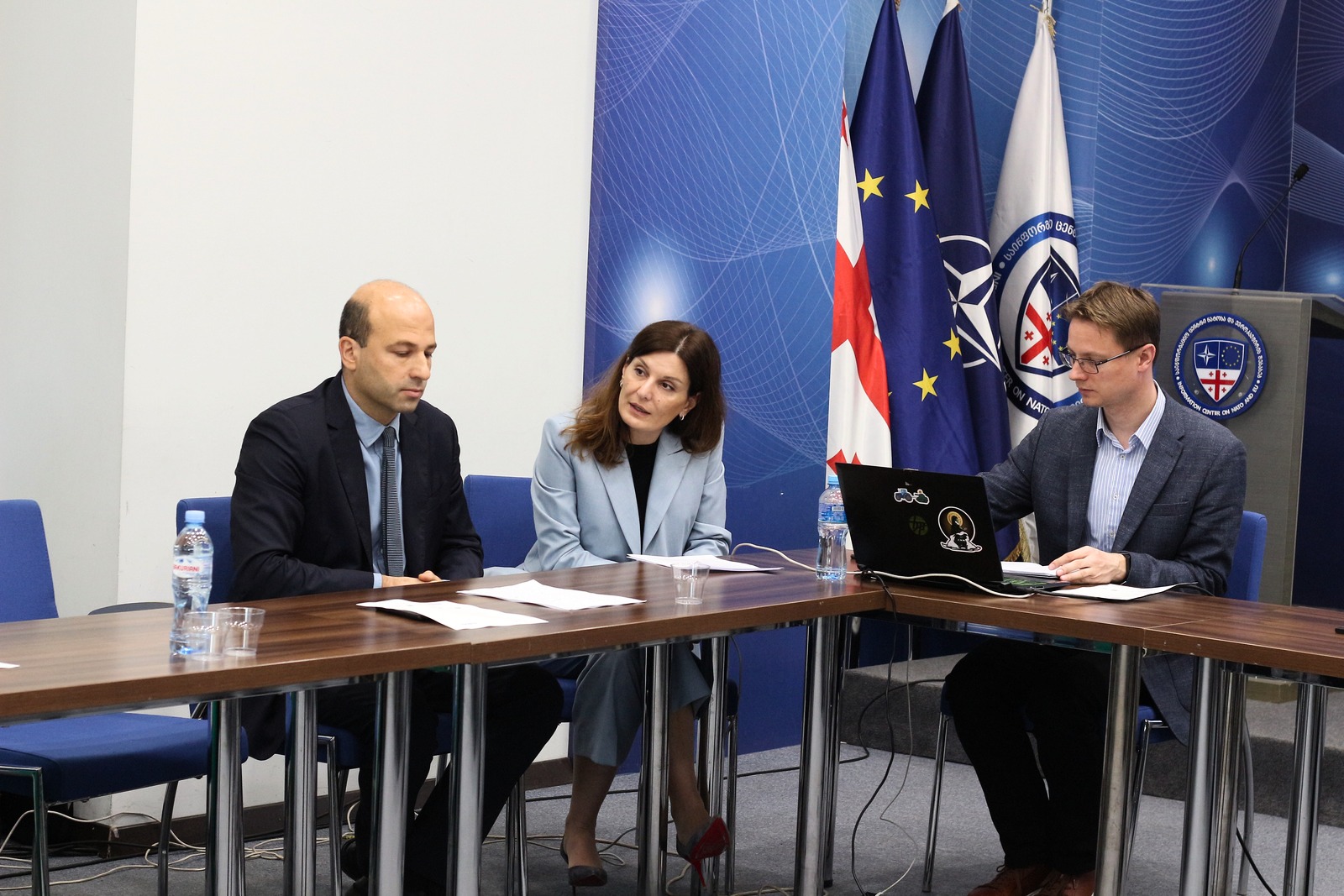
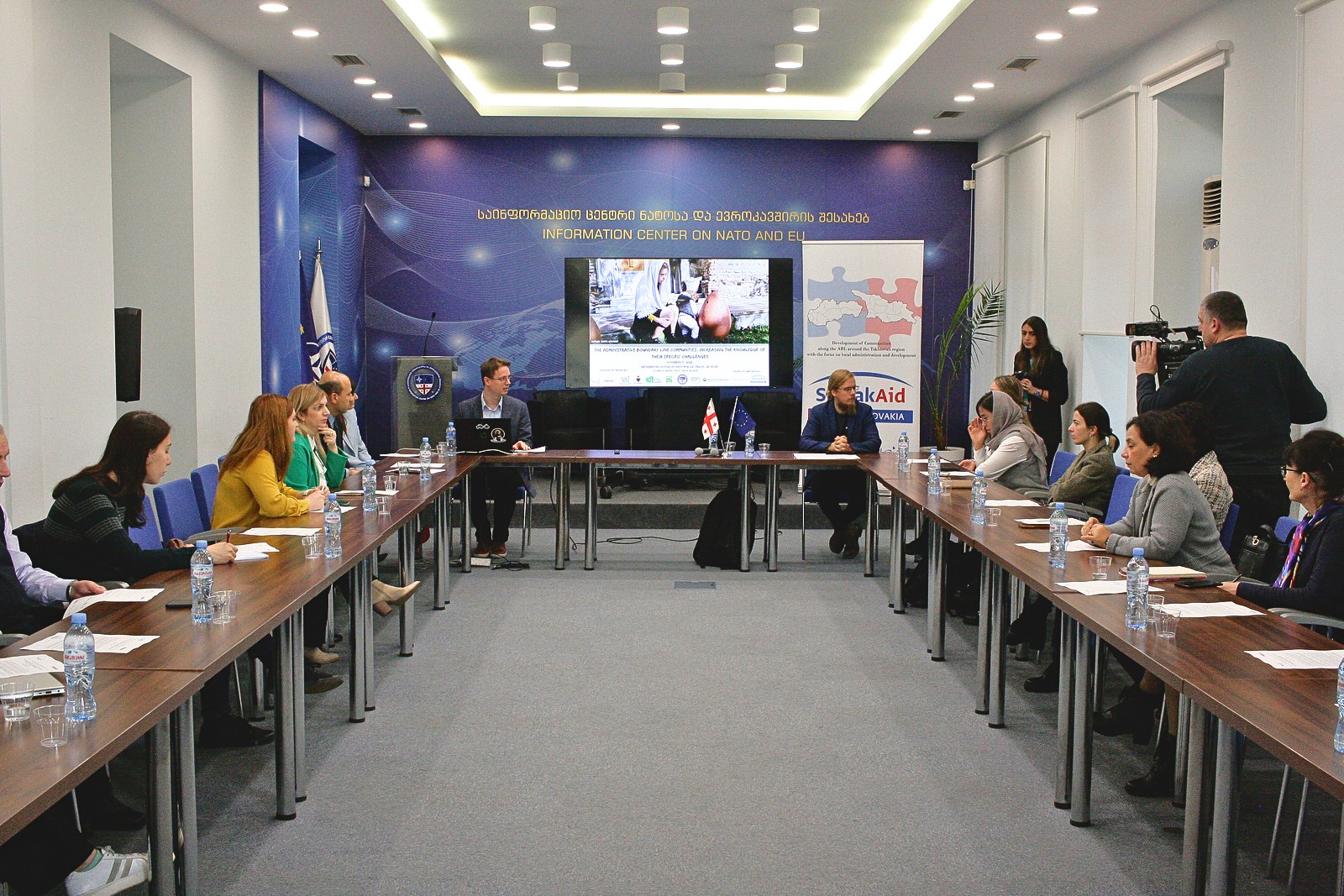
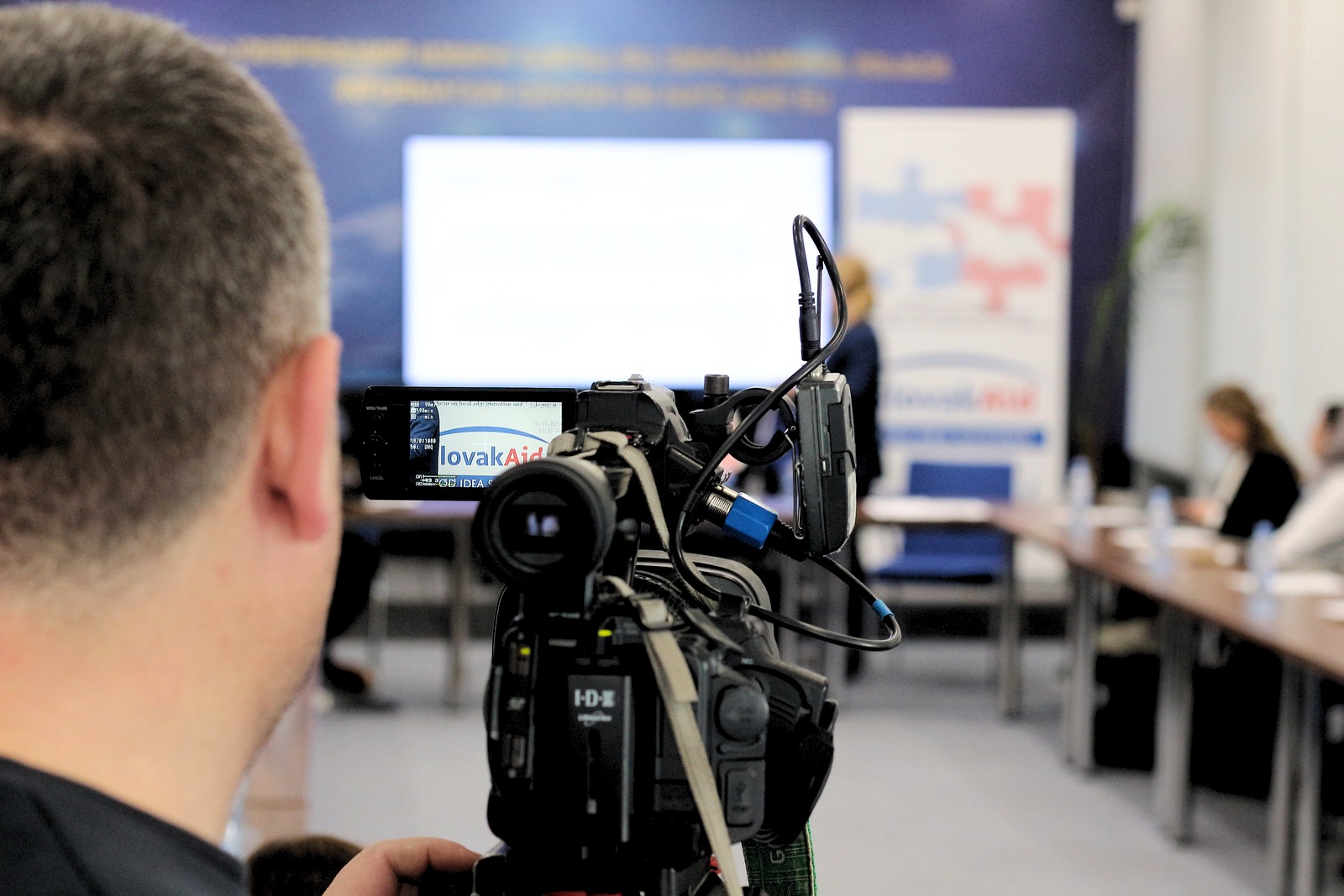
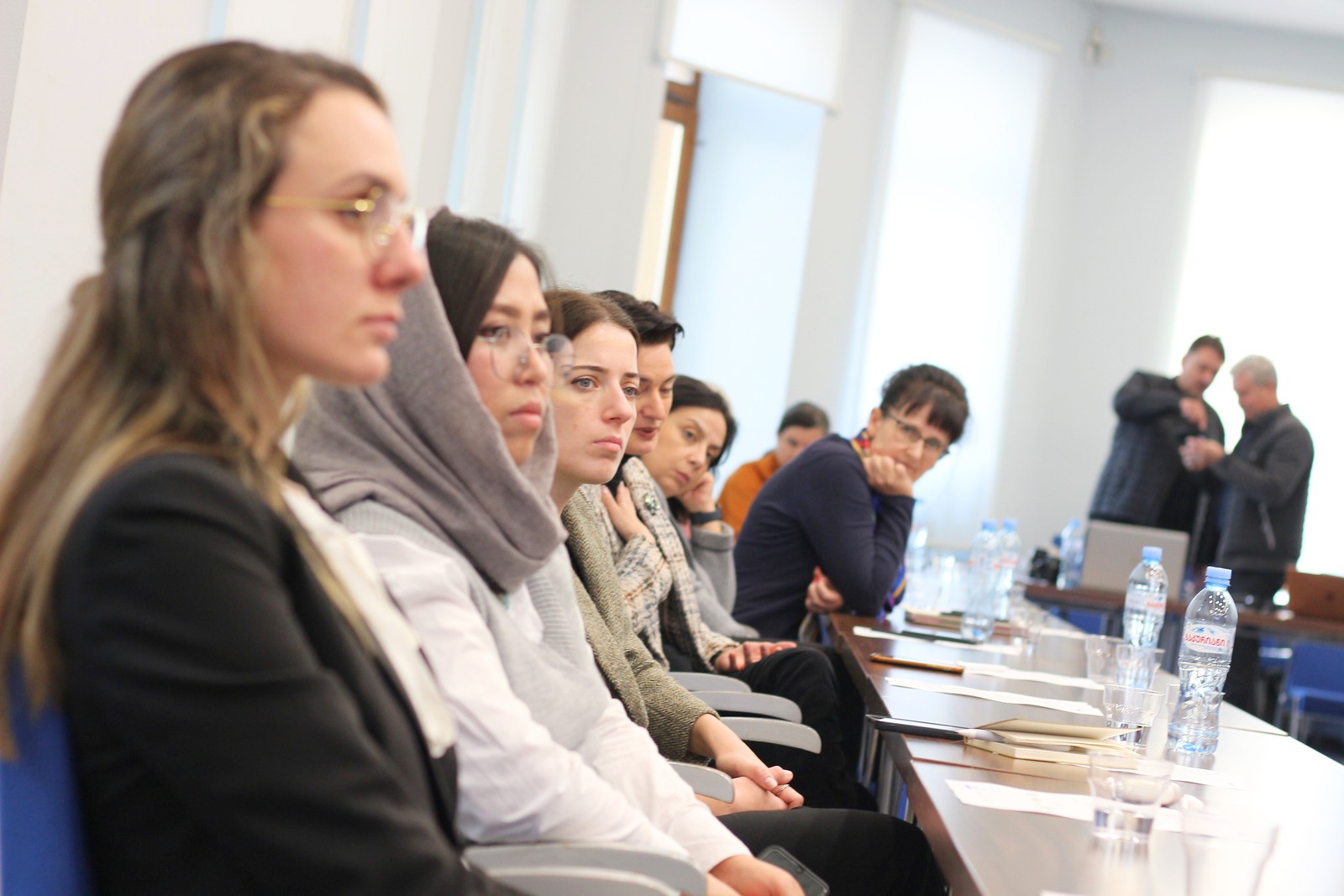

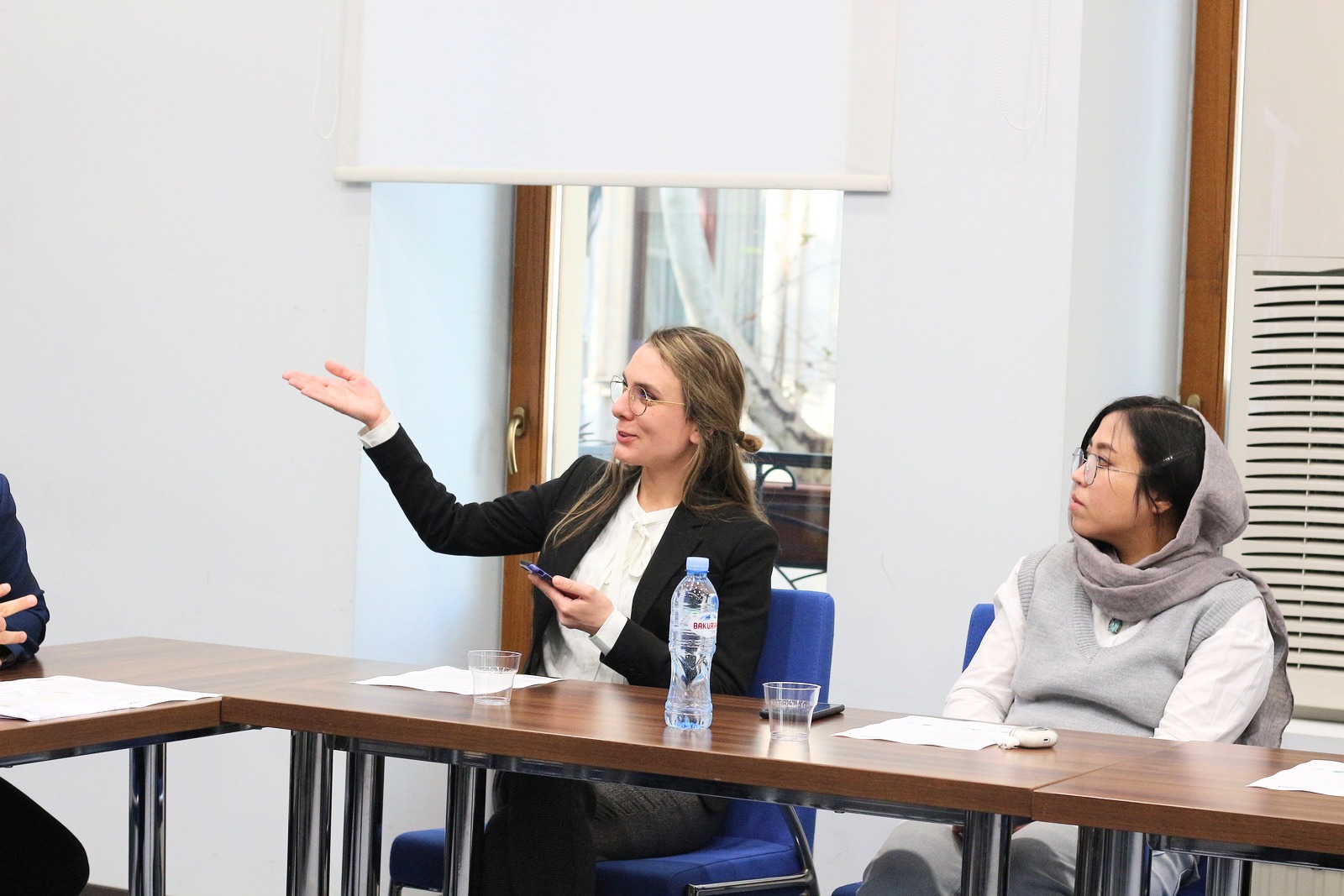
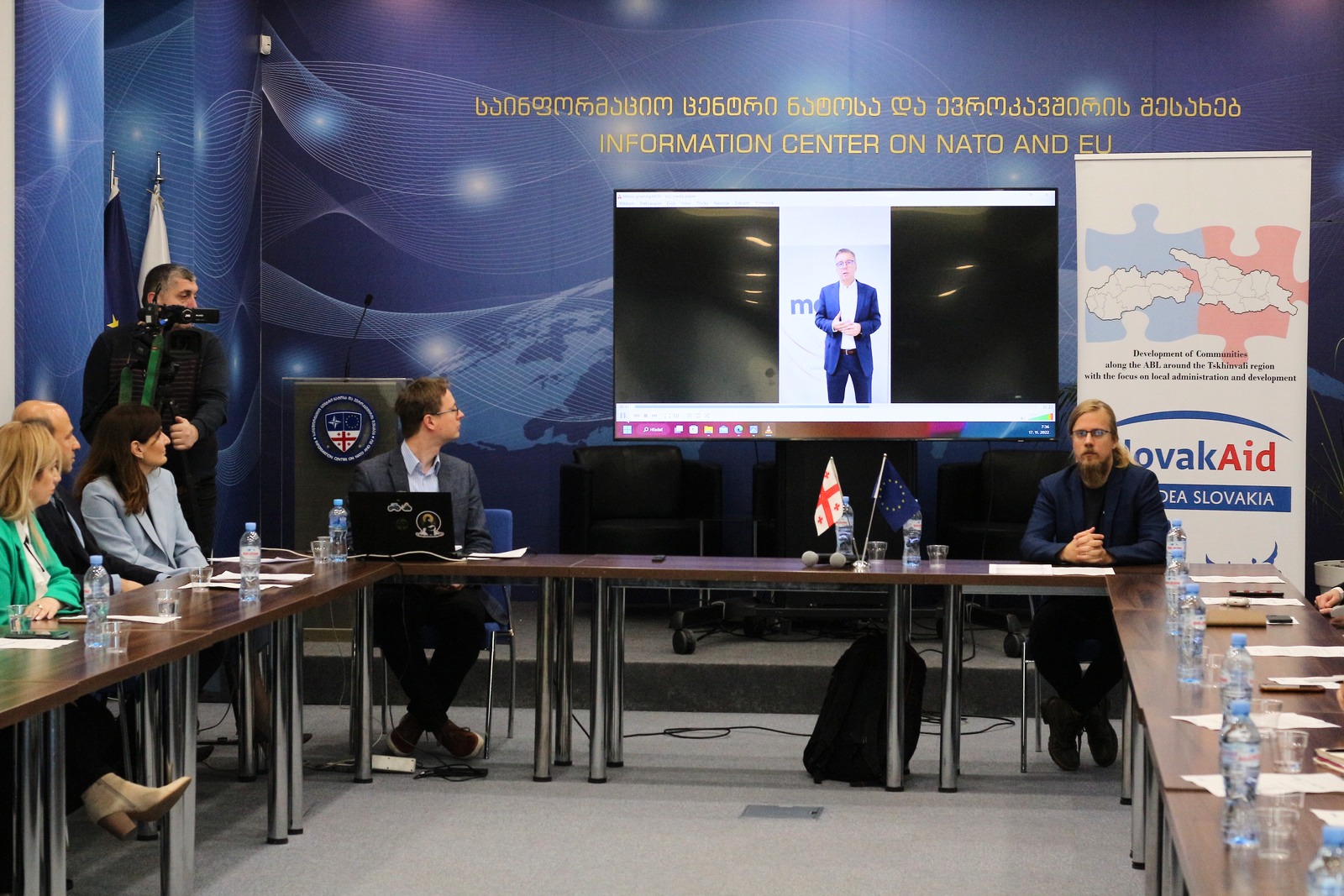

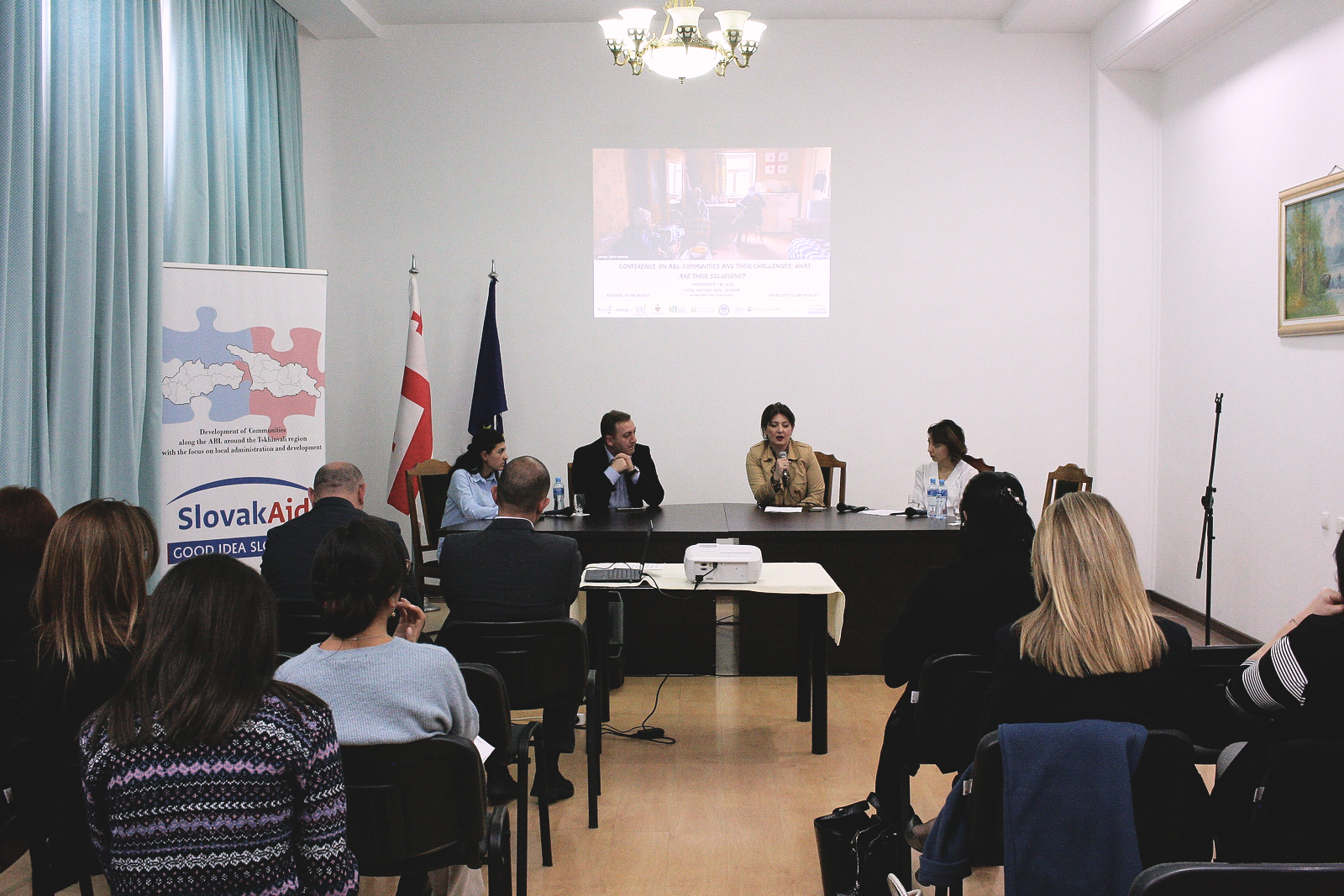
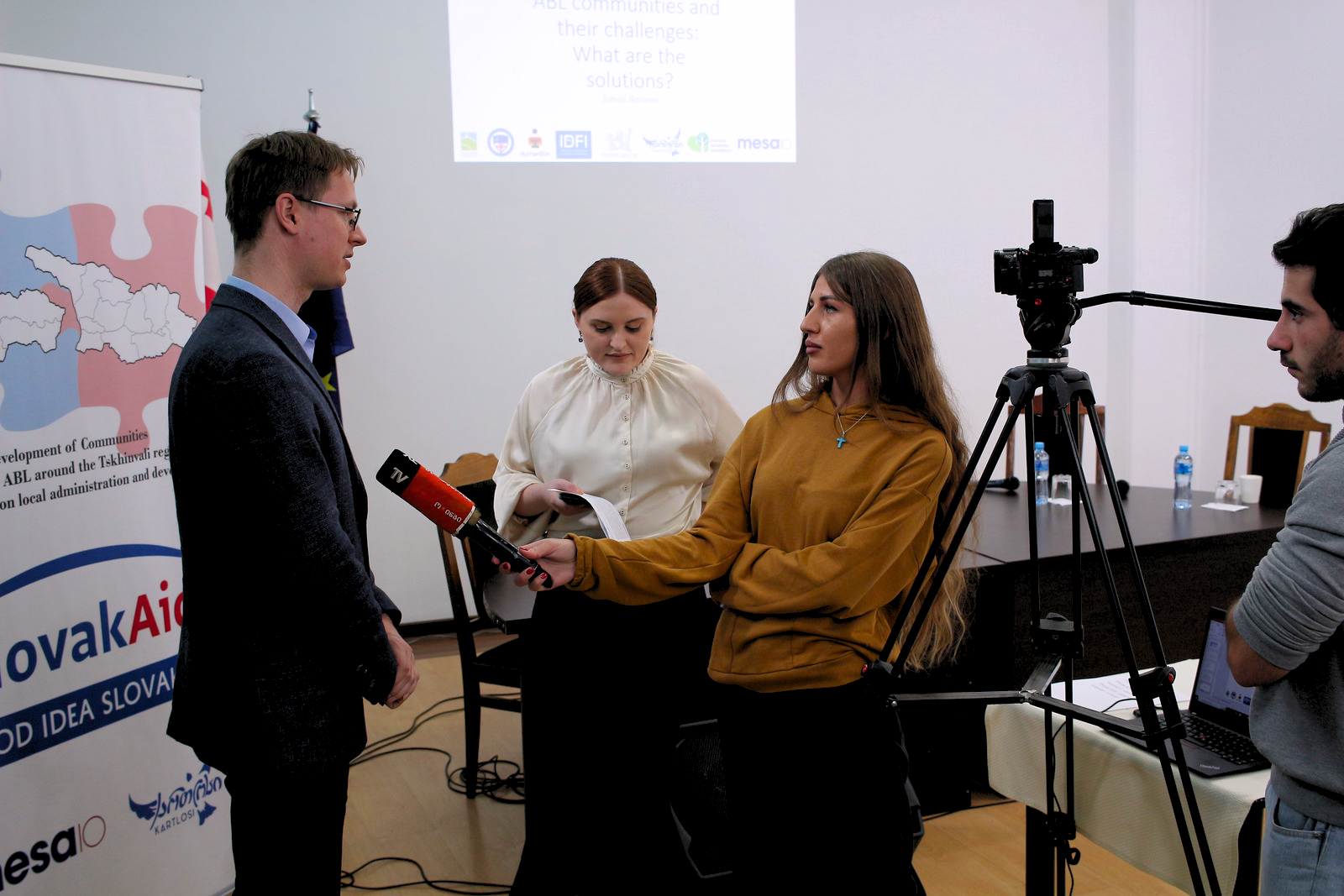

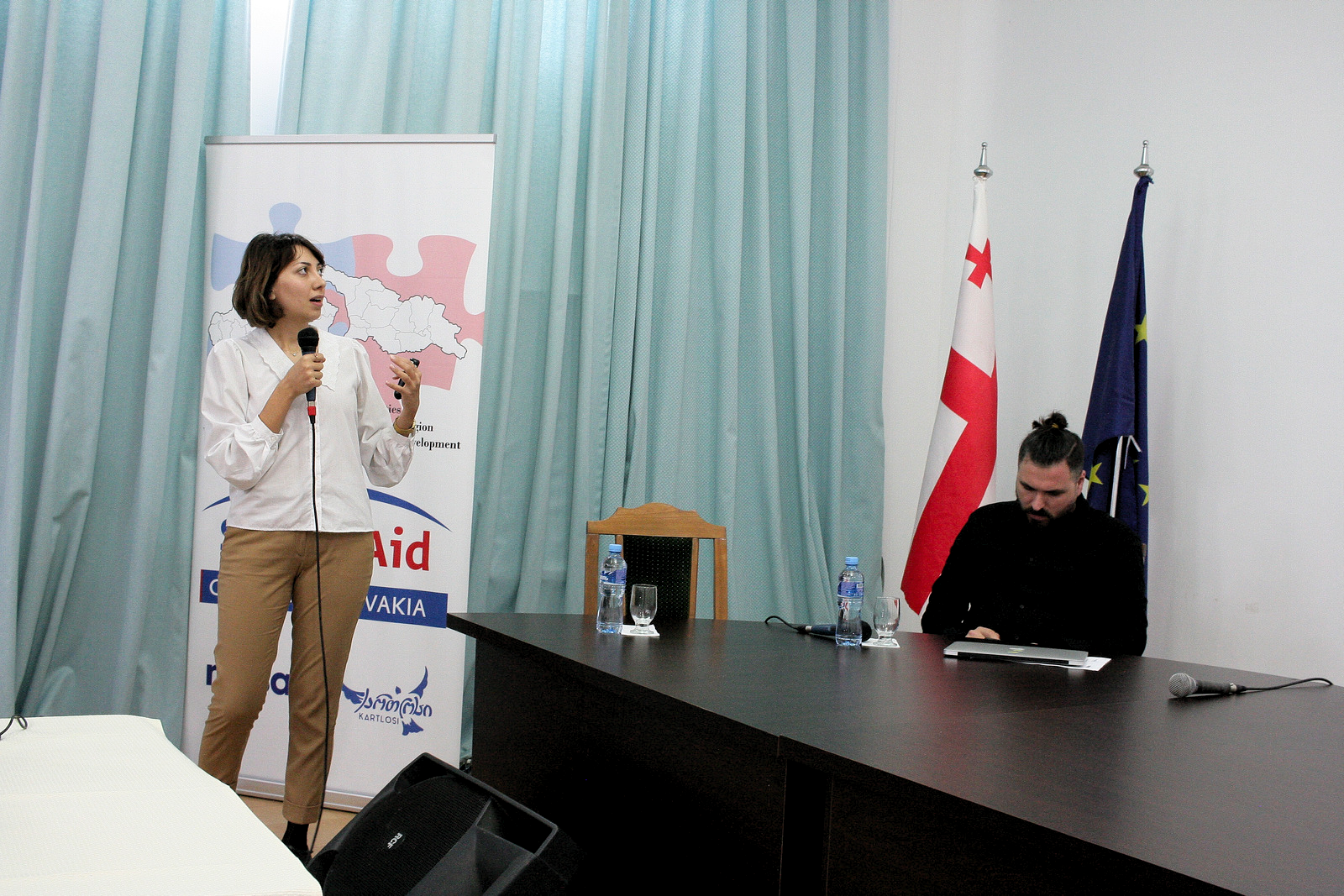
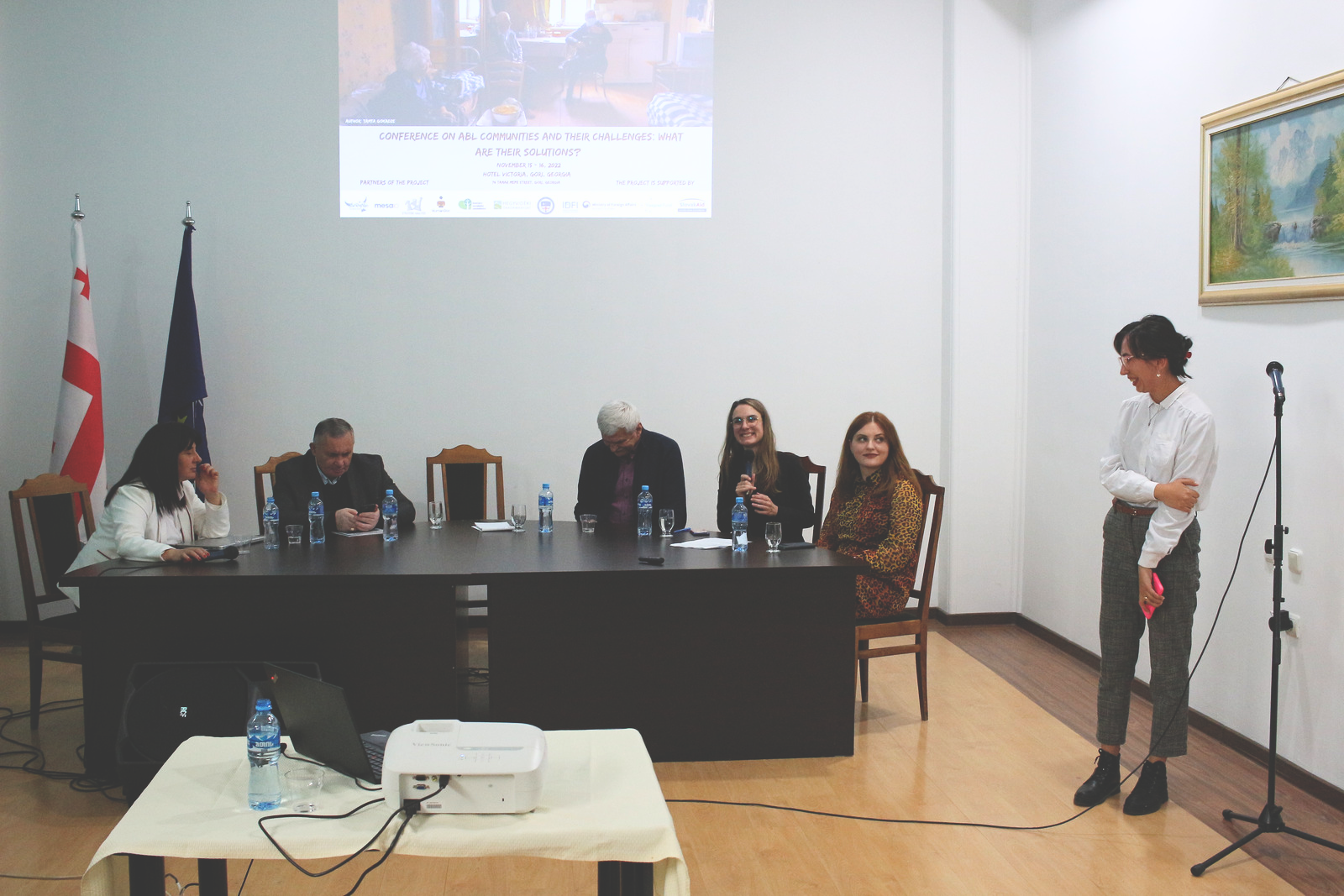
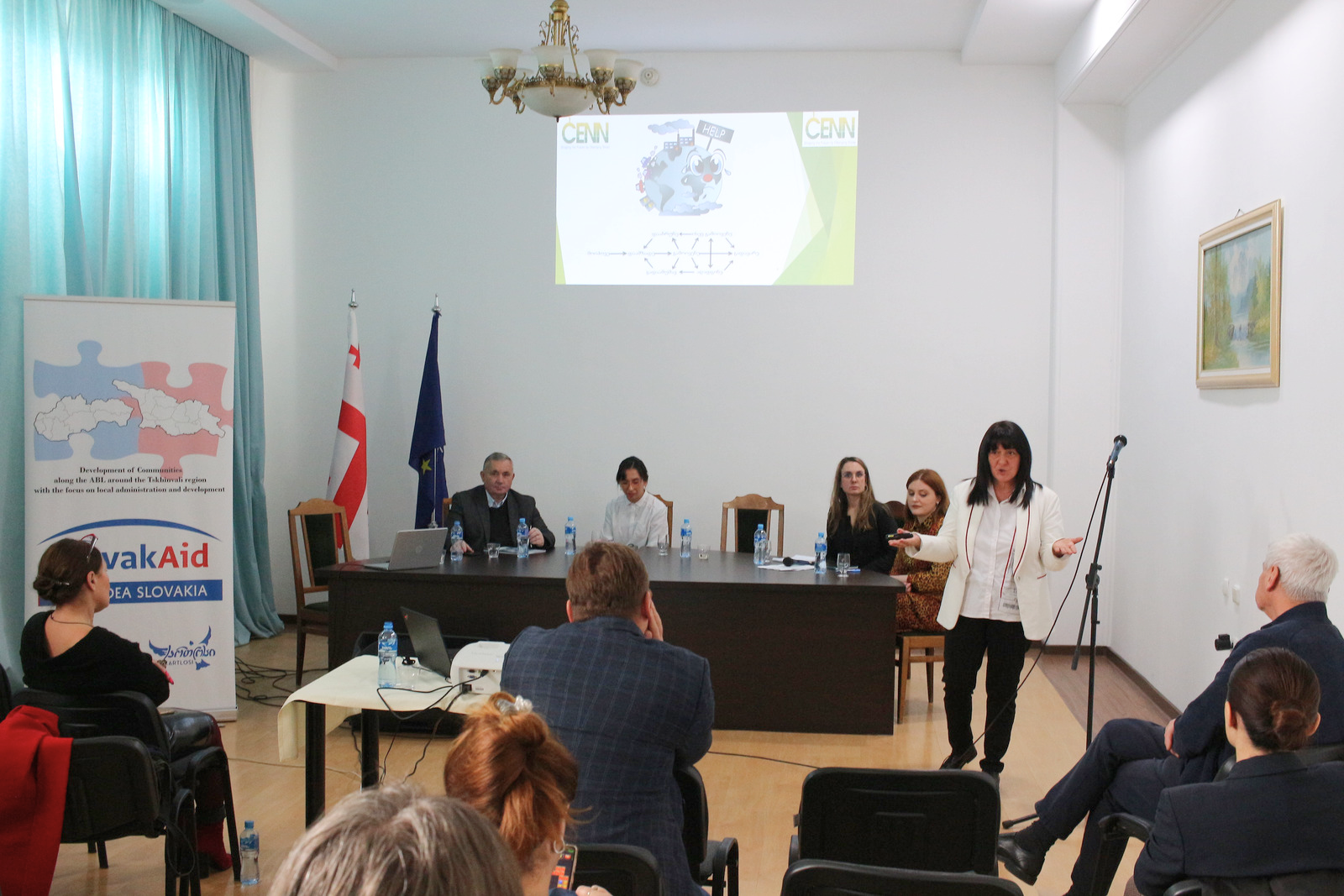


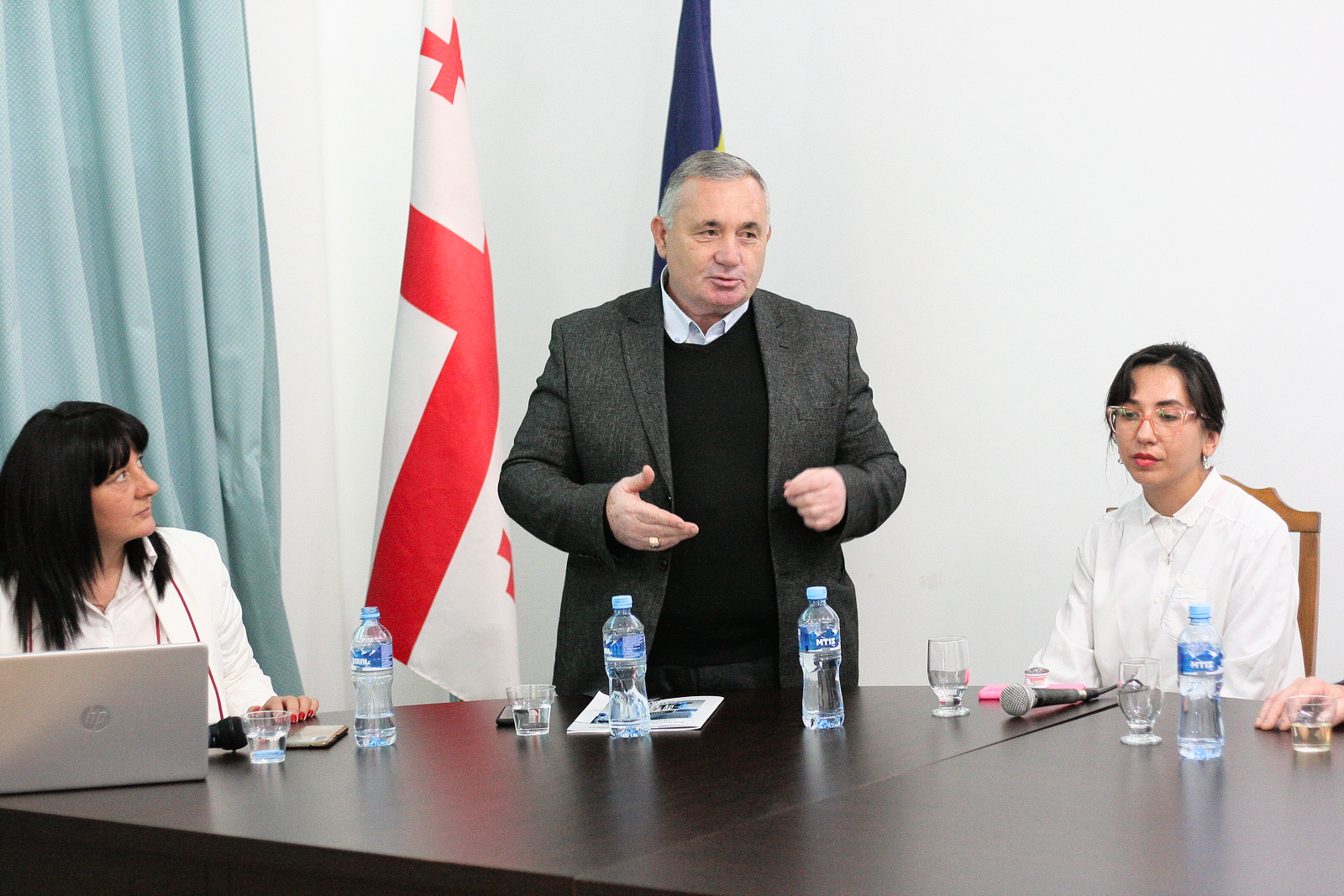
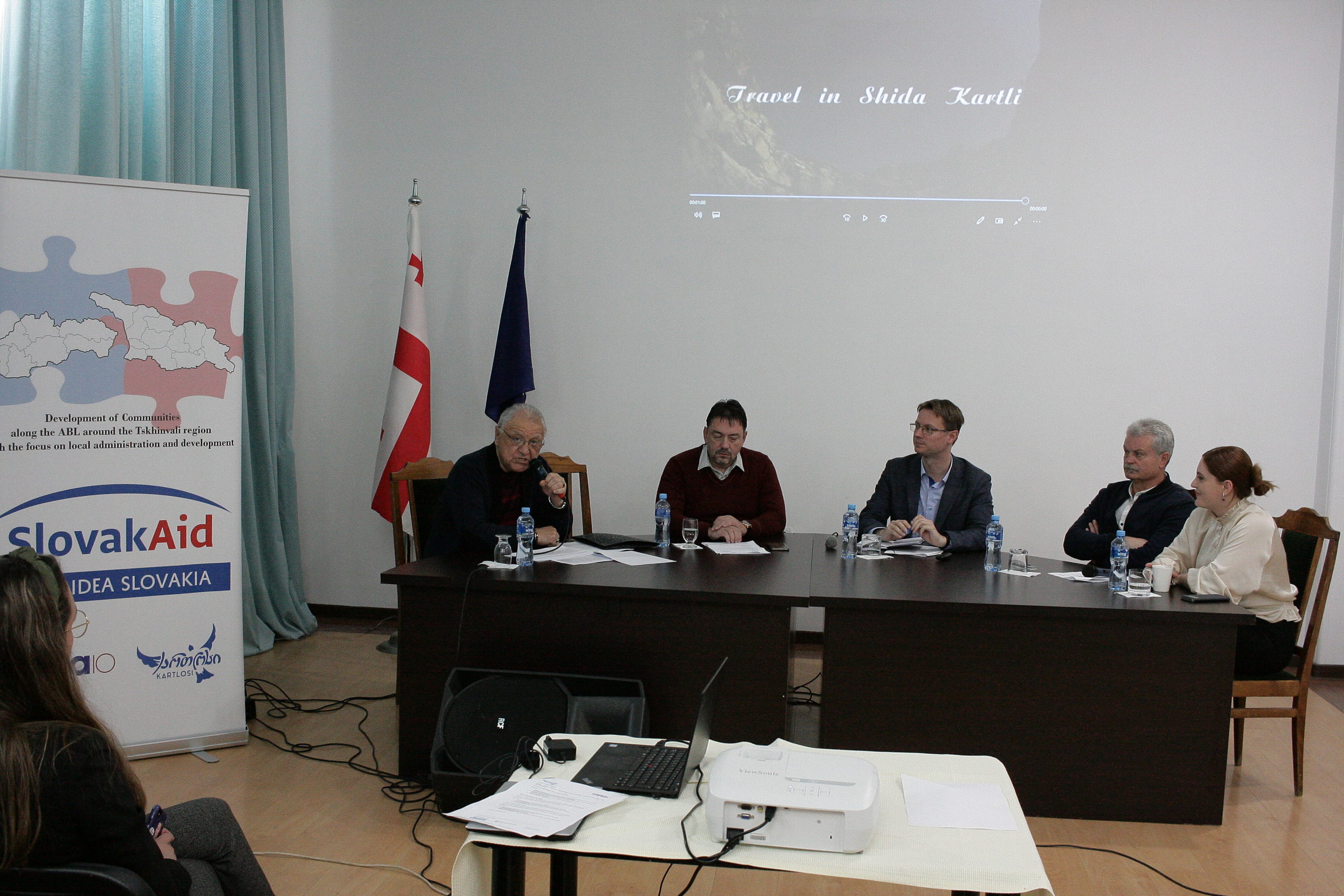
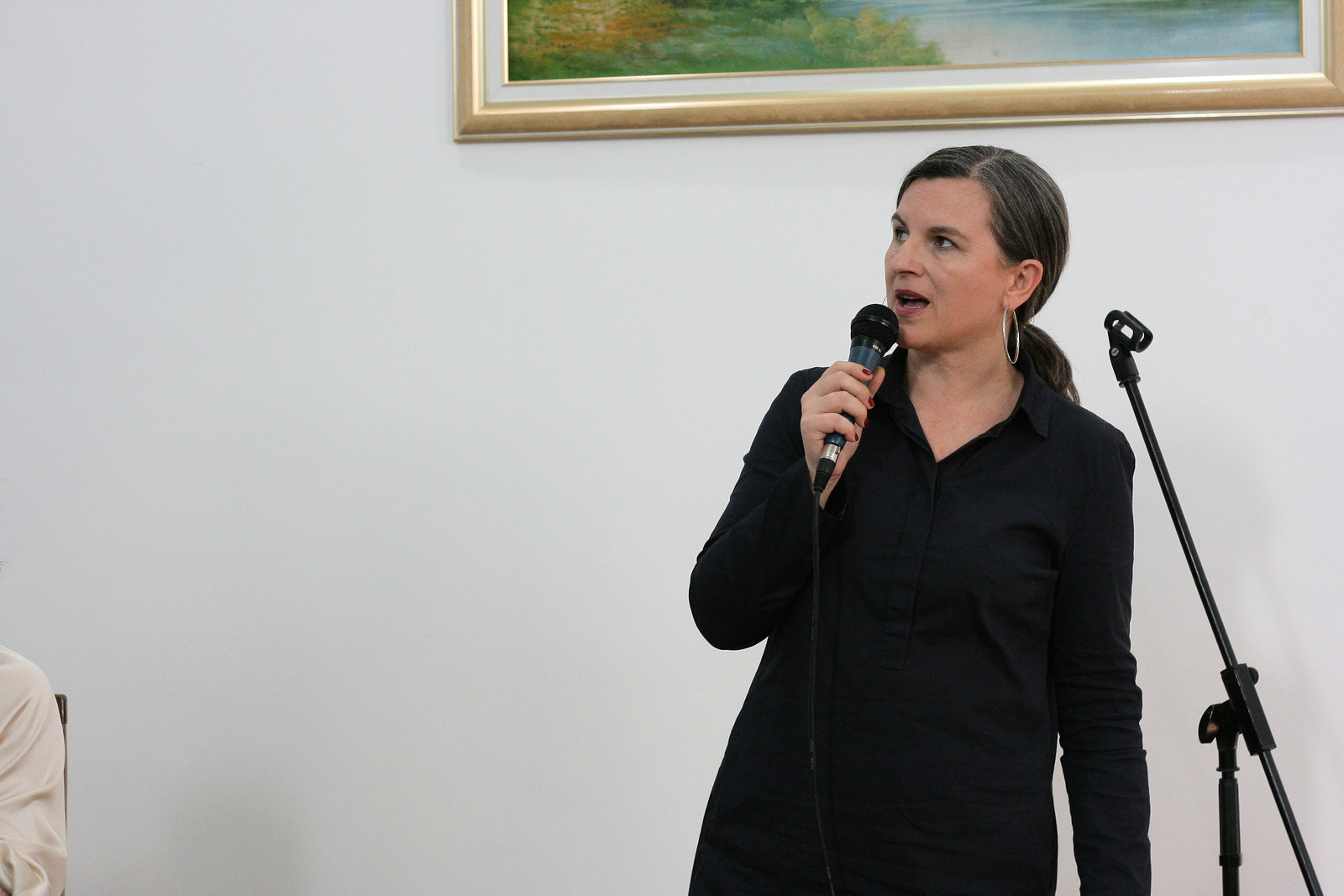
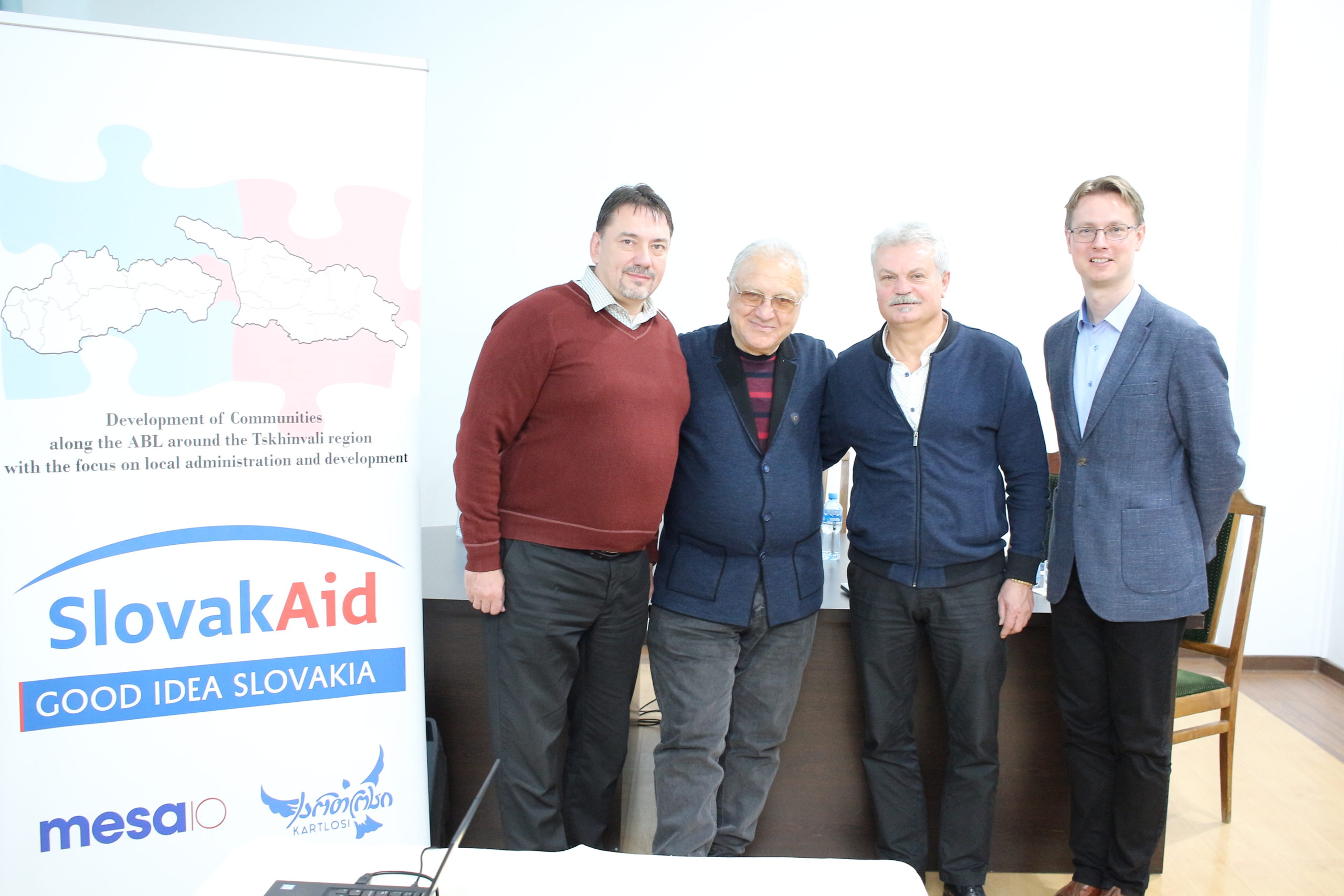
Contact us